Visit to download the full and correct content document: https://textbookfull.com/product/italian-aviation-in-the-first-world-war-volume-1-operati ons-1st-edition-james-davilla/
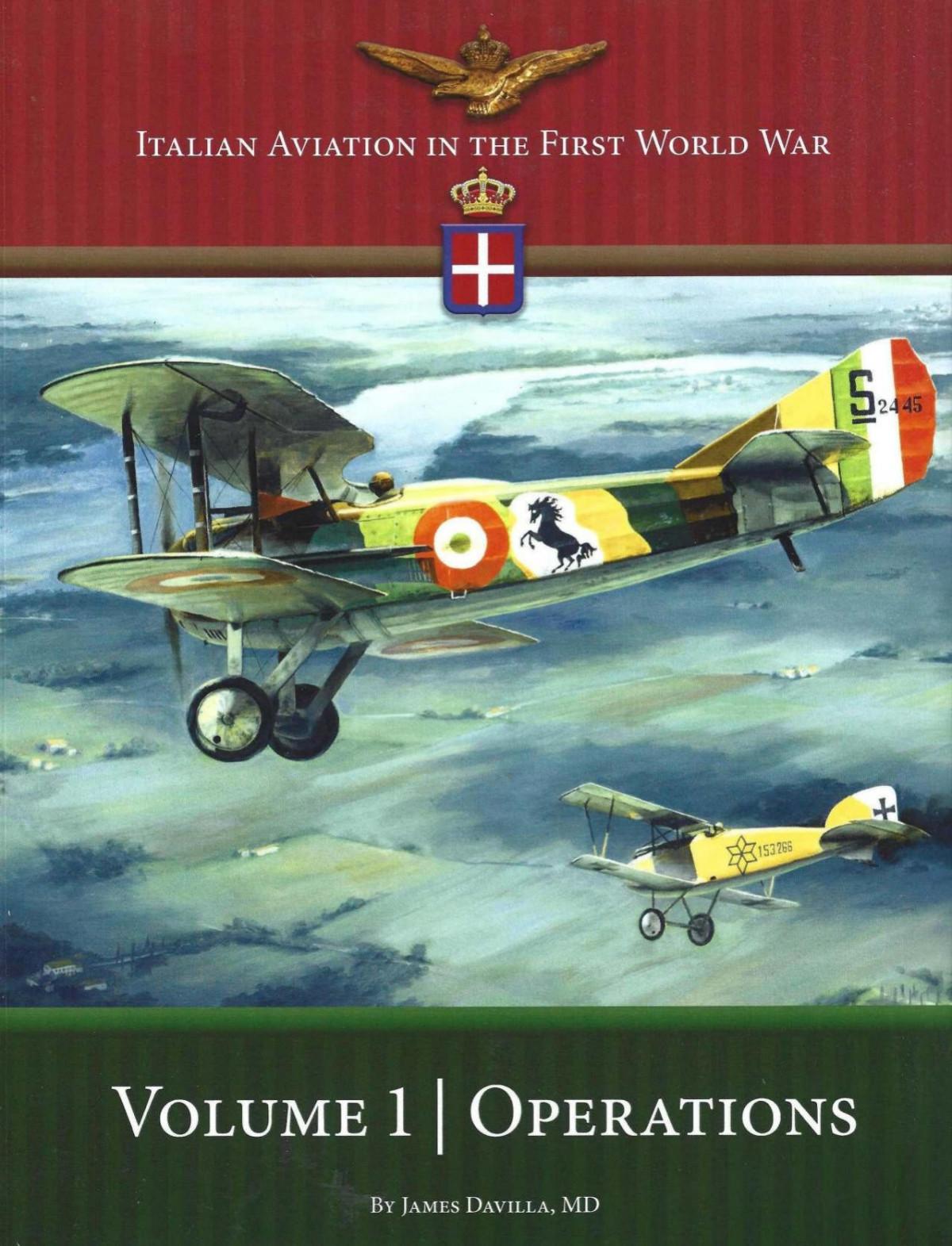
More products digital (pdf, epub, mobi) instant download maybe you interests ...
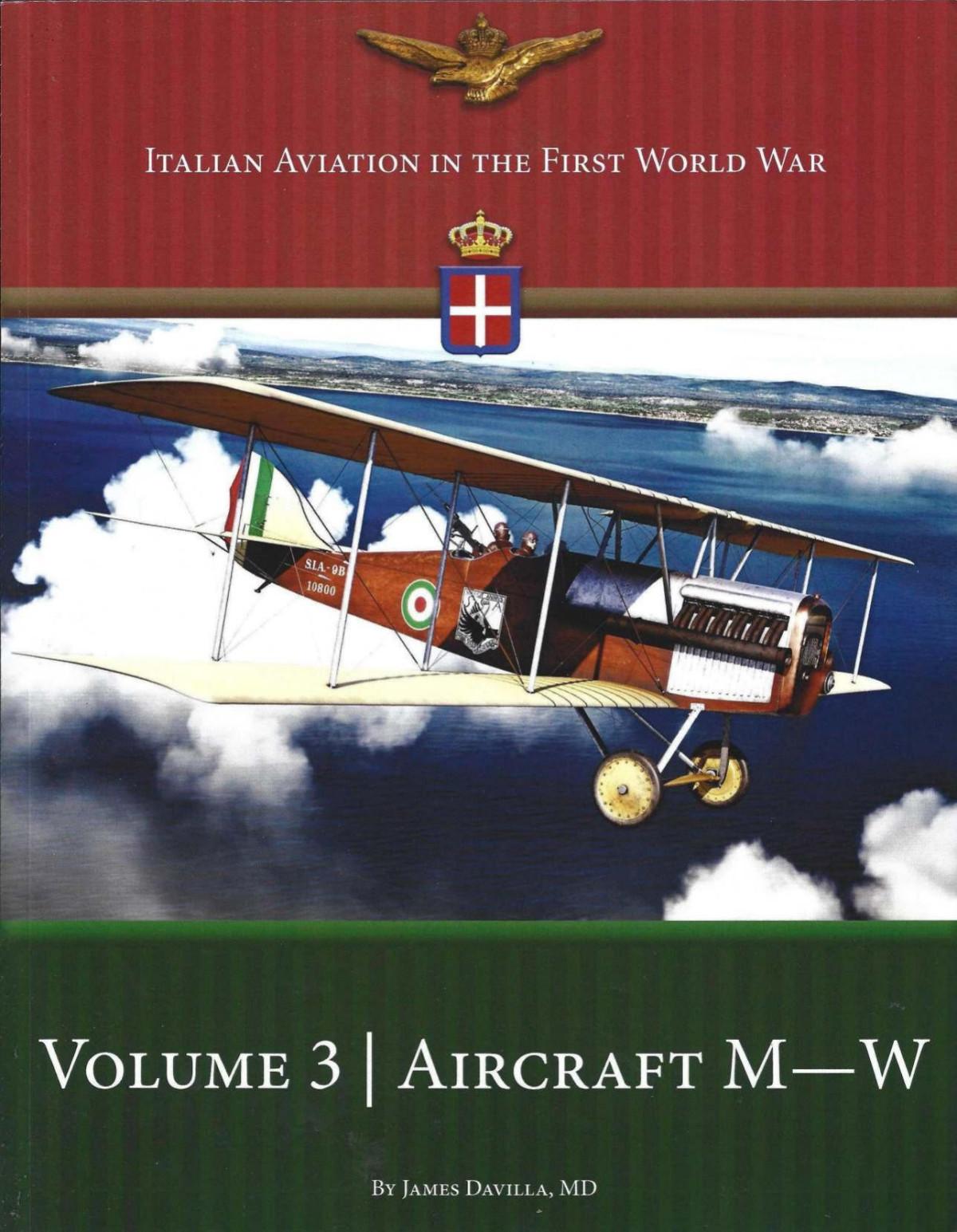
Italian Aviation in the First World War Volume 3
Aircraft M W 1st Edition James Davilla
https://textbookfull.com/product/italian-aviation-in-the-firstworld-war-volume-3-aircraft-m-w-1st-edition-james-davilla/

The Italian War on the Eastern Front, 1941–1943: Operations, Myths and Memories Bastian Matteo Scianna
https://textbookfull.com/product/the-italian-war-on-the-easternfront-1941-1943-operations-myths-and-memories-bastian-matteoscianna/

Airlines at War British Civil Aviation 1939 1944 1st Edition Air World Books
https://textbookfull.com/product/airlines-at-war-british-civilaviation-1939-1944-1st-edition-air-world-books/
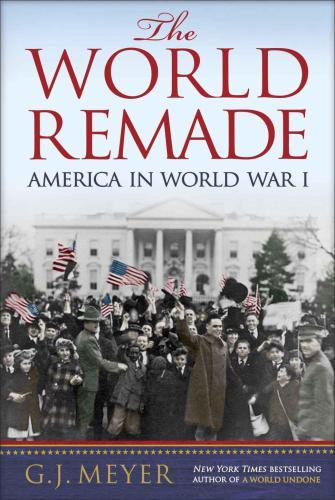
The World Remade America in World War I First Edition
Meyer
https://textbookfull.com/product/the-world-remade-america-inworld-war-i-first-edition-meyer/

The Washington War FDR s Inner Circle and the Politics of Power that Won World War II First Edition James Lacey
https://textbookfull.com/product/the-washington-war-fdr-s-innercircle-and-the-politics-of-power-that-won-world-war-ii-firstedition-james-lacey/
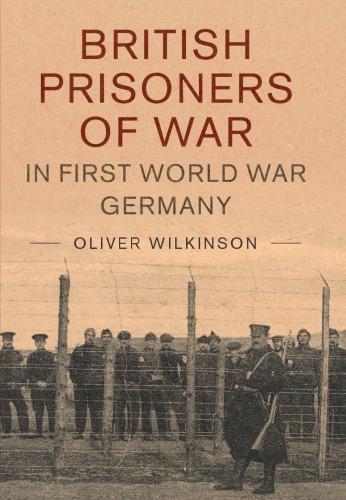
British Prisoners of War in First World War Germany
Oliver Wilkinson
https://textbookfull.com/product/british-prisoners-of-war-infirst-world-war-germany-oliver-wilkinson/

The Italian Blitz 1940–43: Bomber Command’s War Against Mussolini’s Cities, Docks and Factories 1st Edition
James S. Corum
https://textbookfull.com/product/the-italianblitz-1940-43-bomber-commands-war-against-mussolinis-citiesdocks-and-factories-1st-edition-james-s-corum/
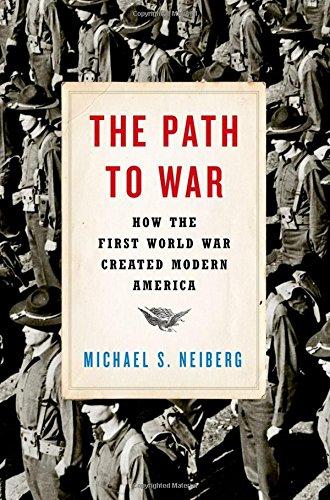
The path to war : how the First World War created modern America 1st Edition Neiberg
https://textbookfull.com/product/the-path-to-war-how-the-firstworld-war-created-modern-america-1st-edition-neiberg/

The Cambridge History Of War Volume 2 War And The Medieval World Anne Curry
https://textbookfull.com/product/the-cambridge-history-of-warvolume-2-war-and-the-medieval-world-anne-curry/
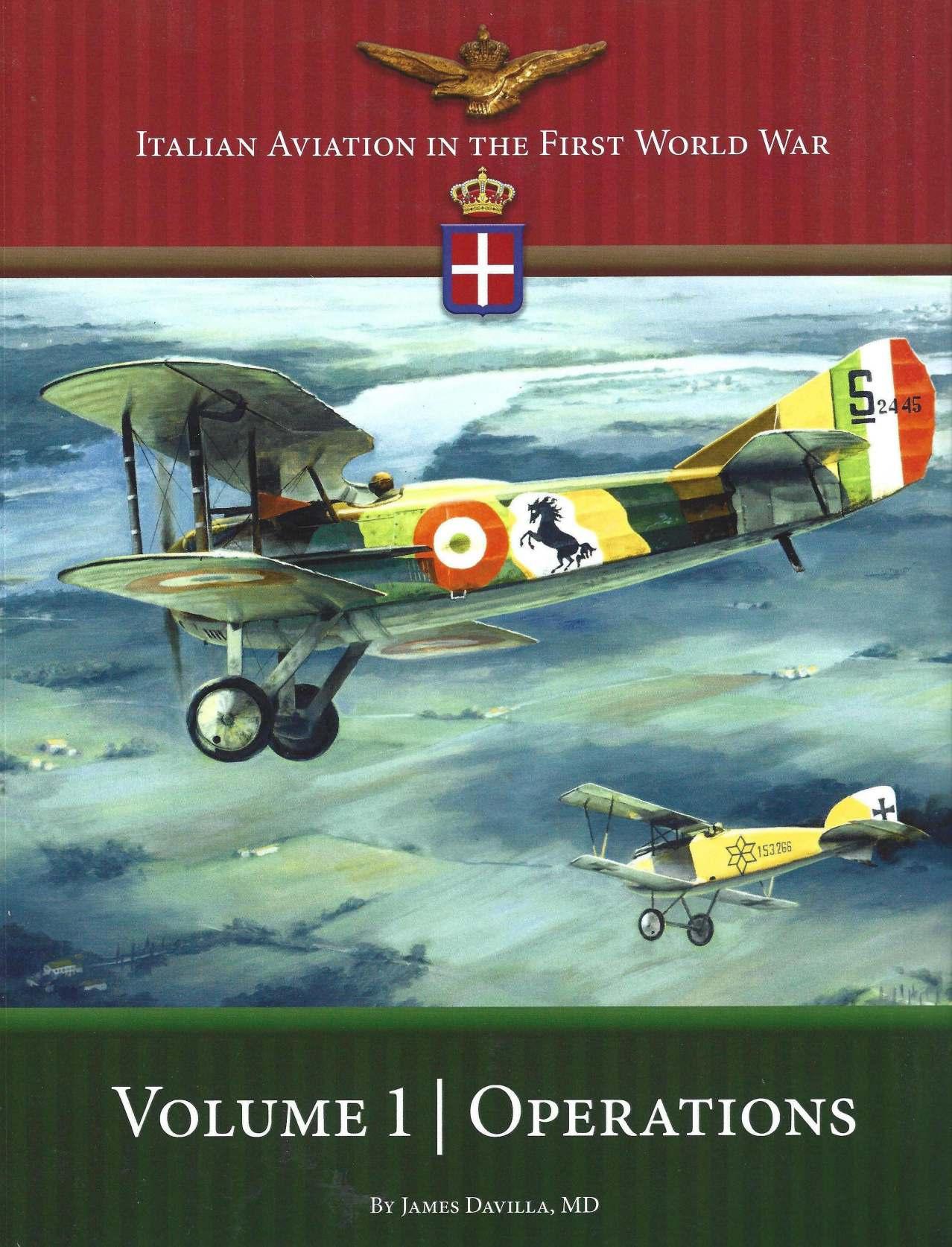

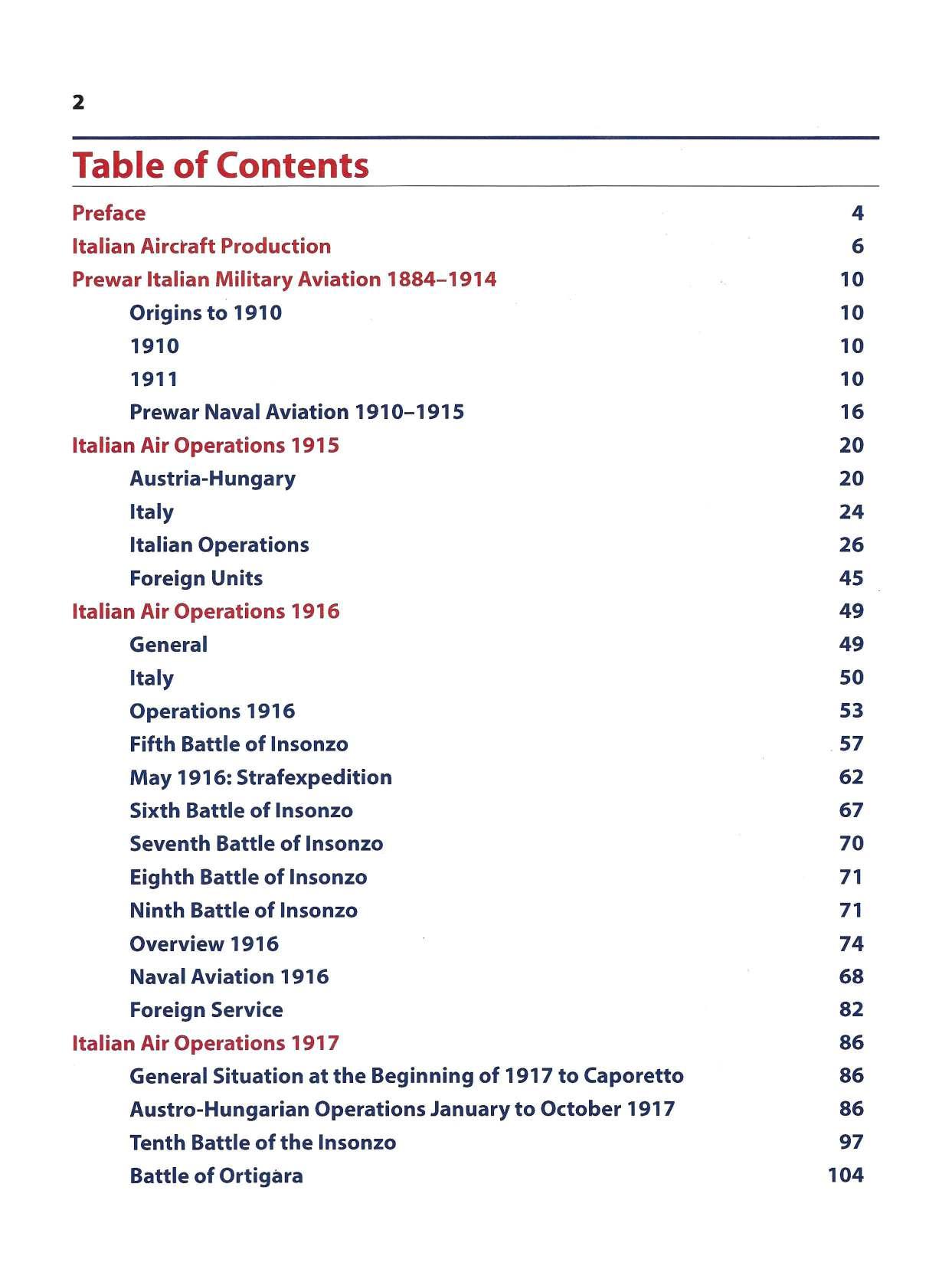
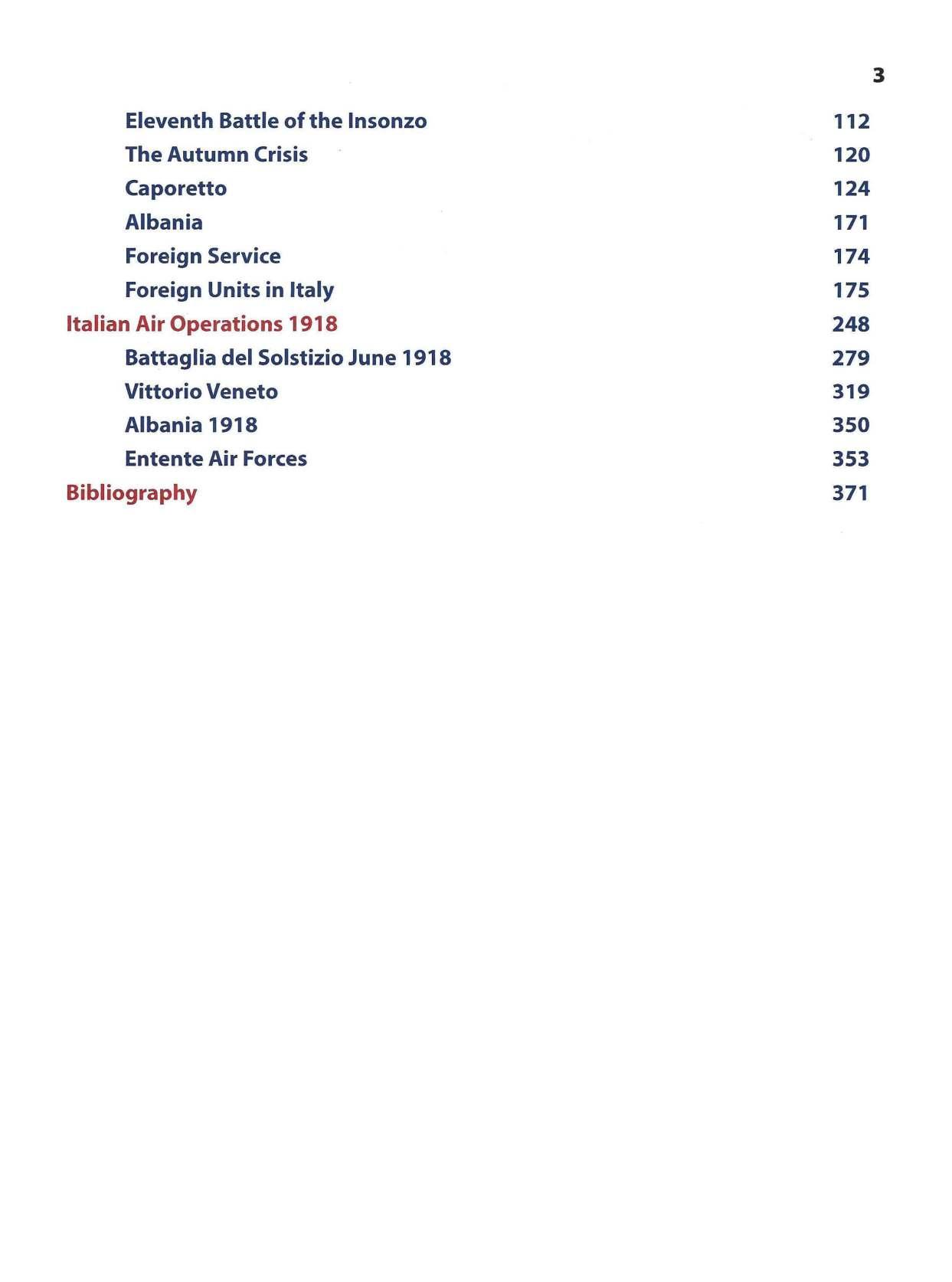
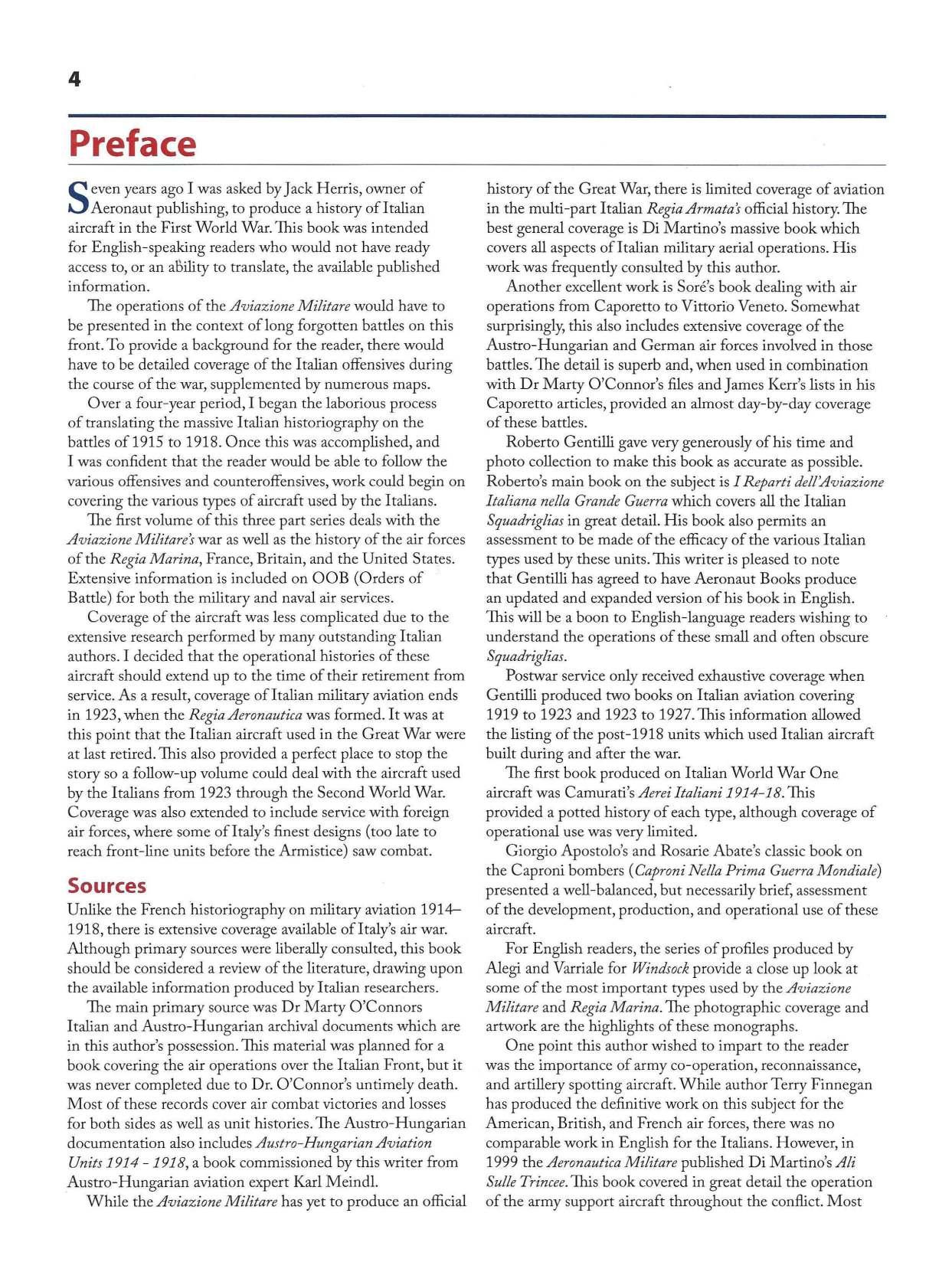

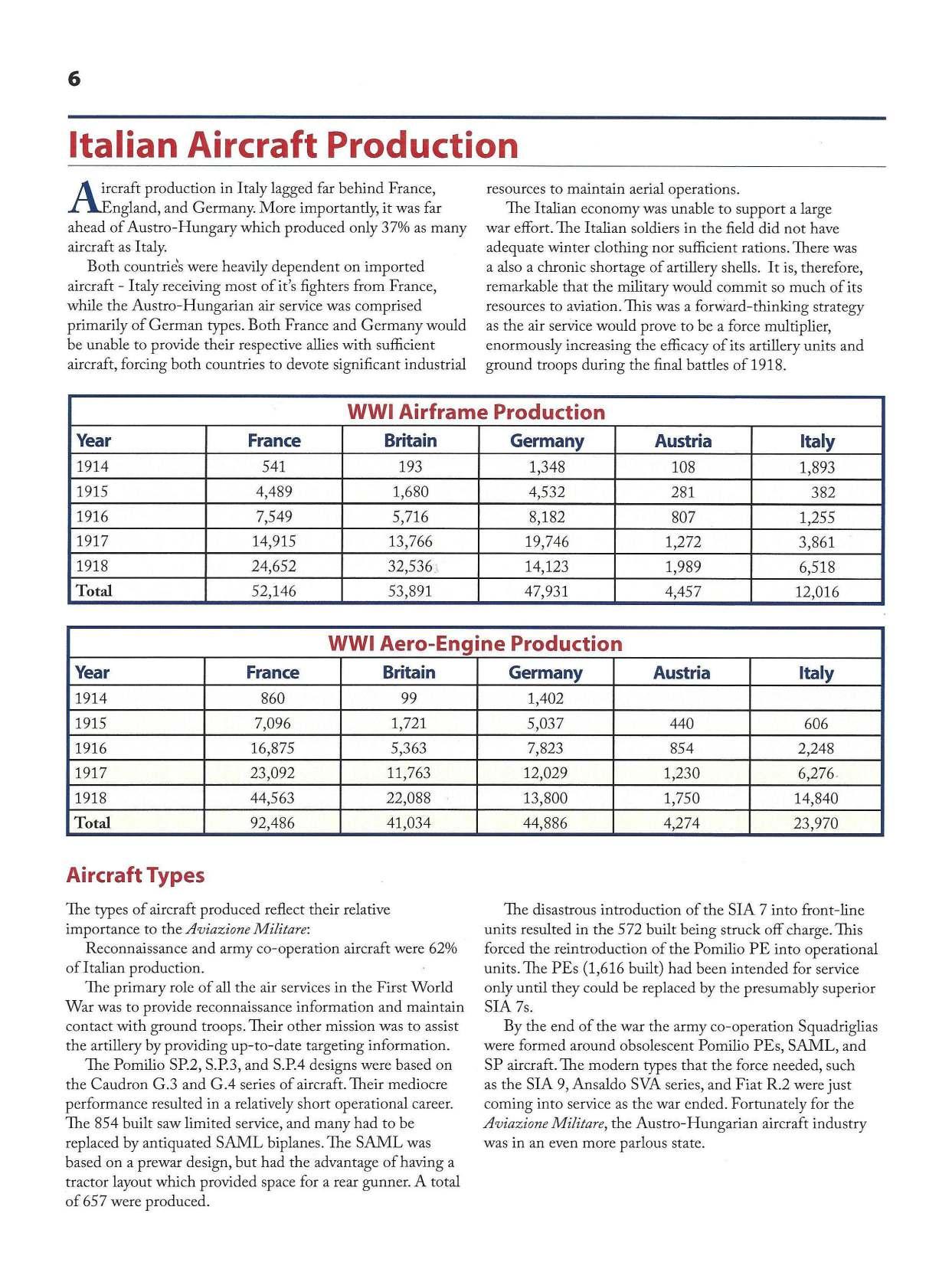

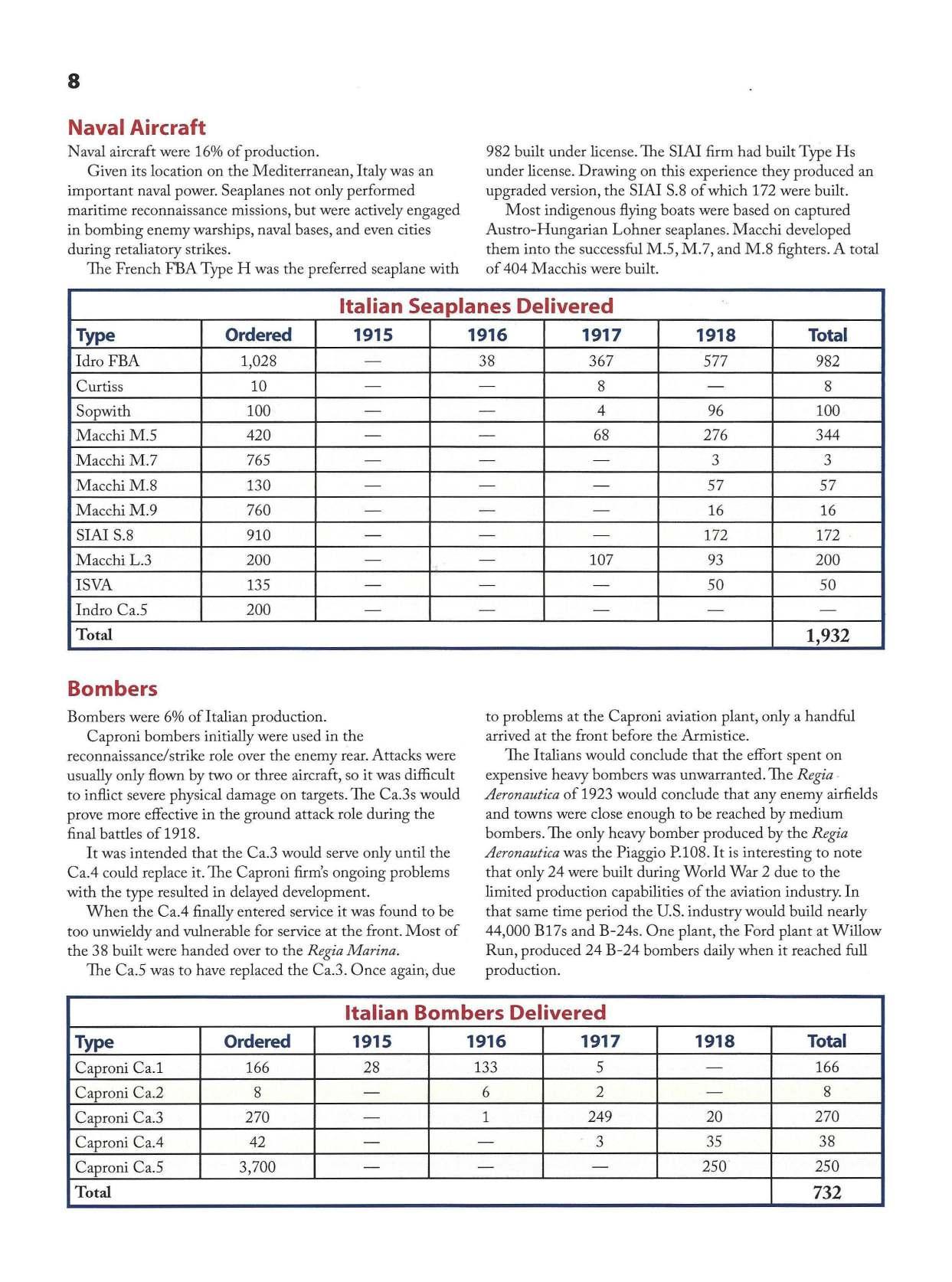
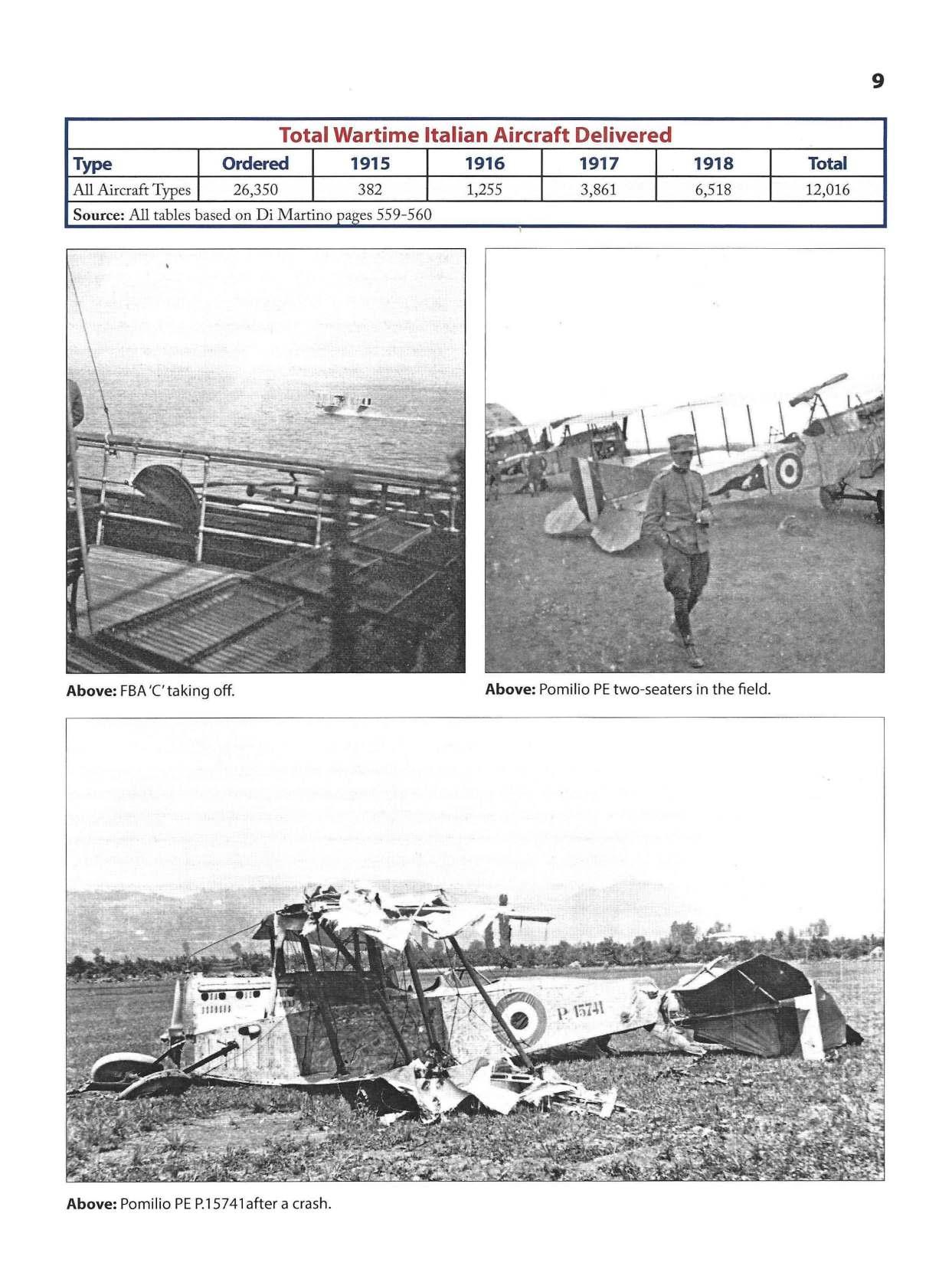
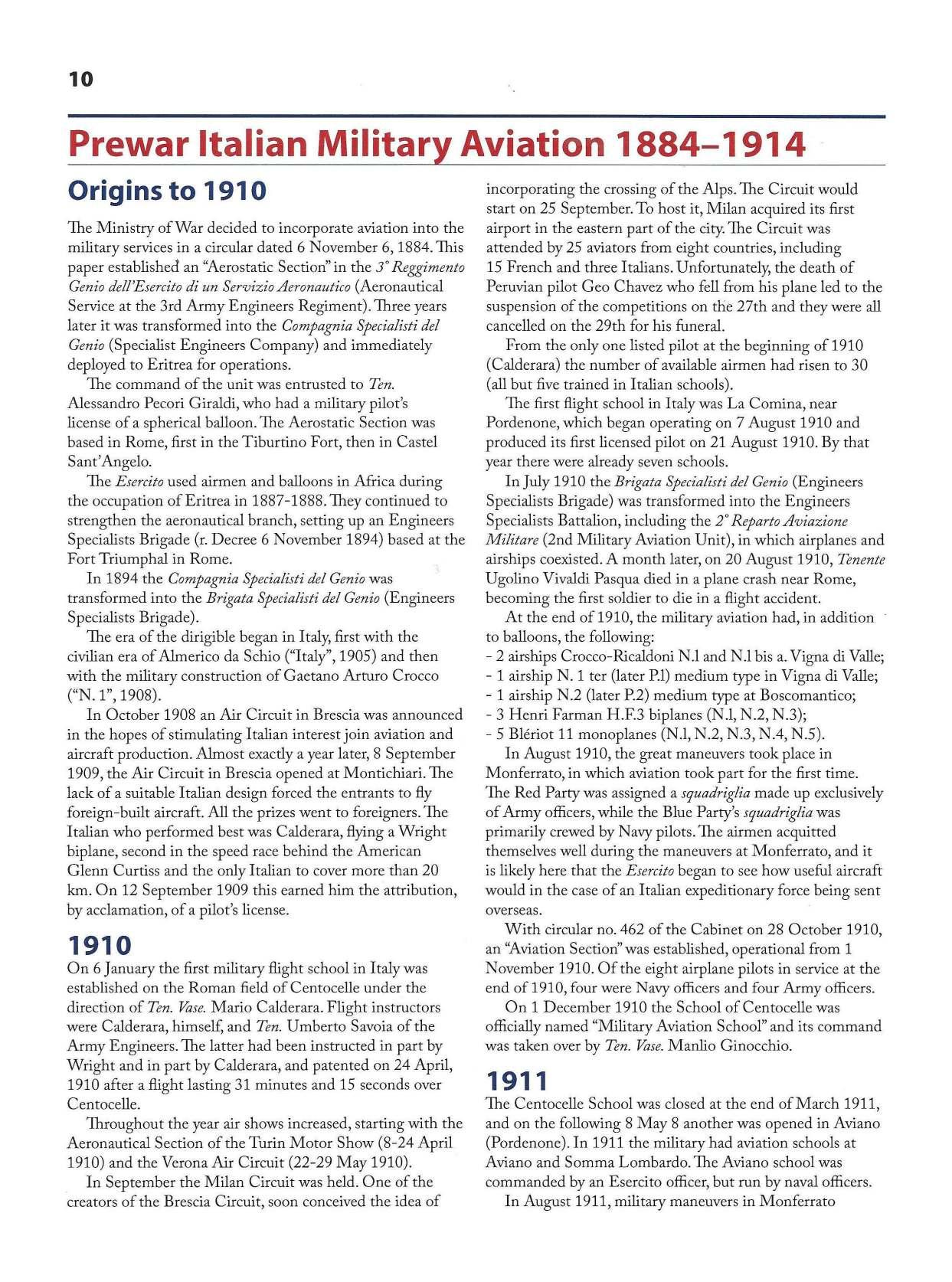
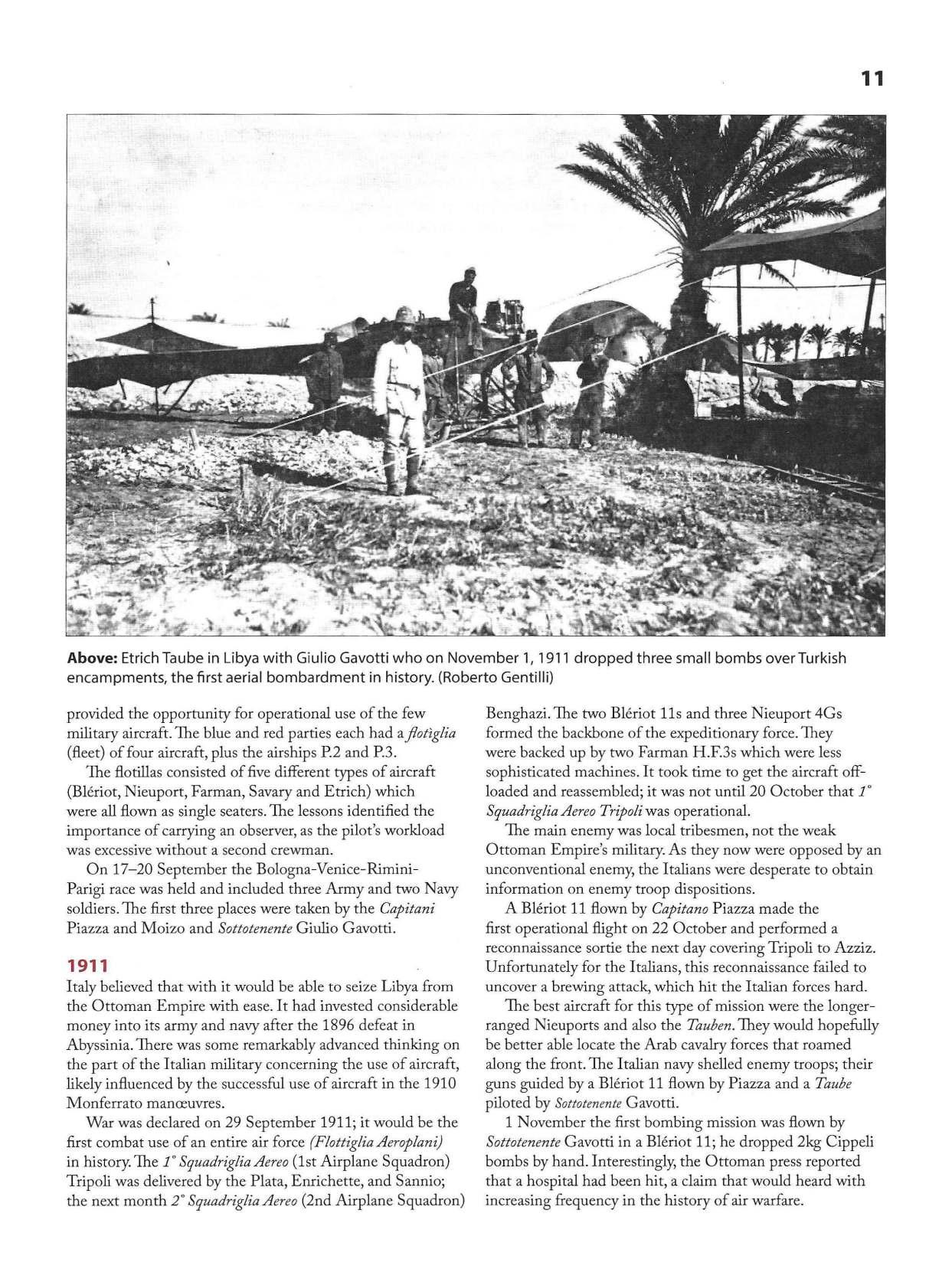
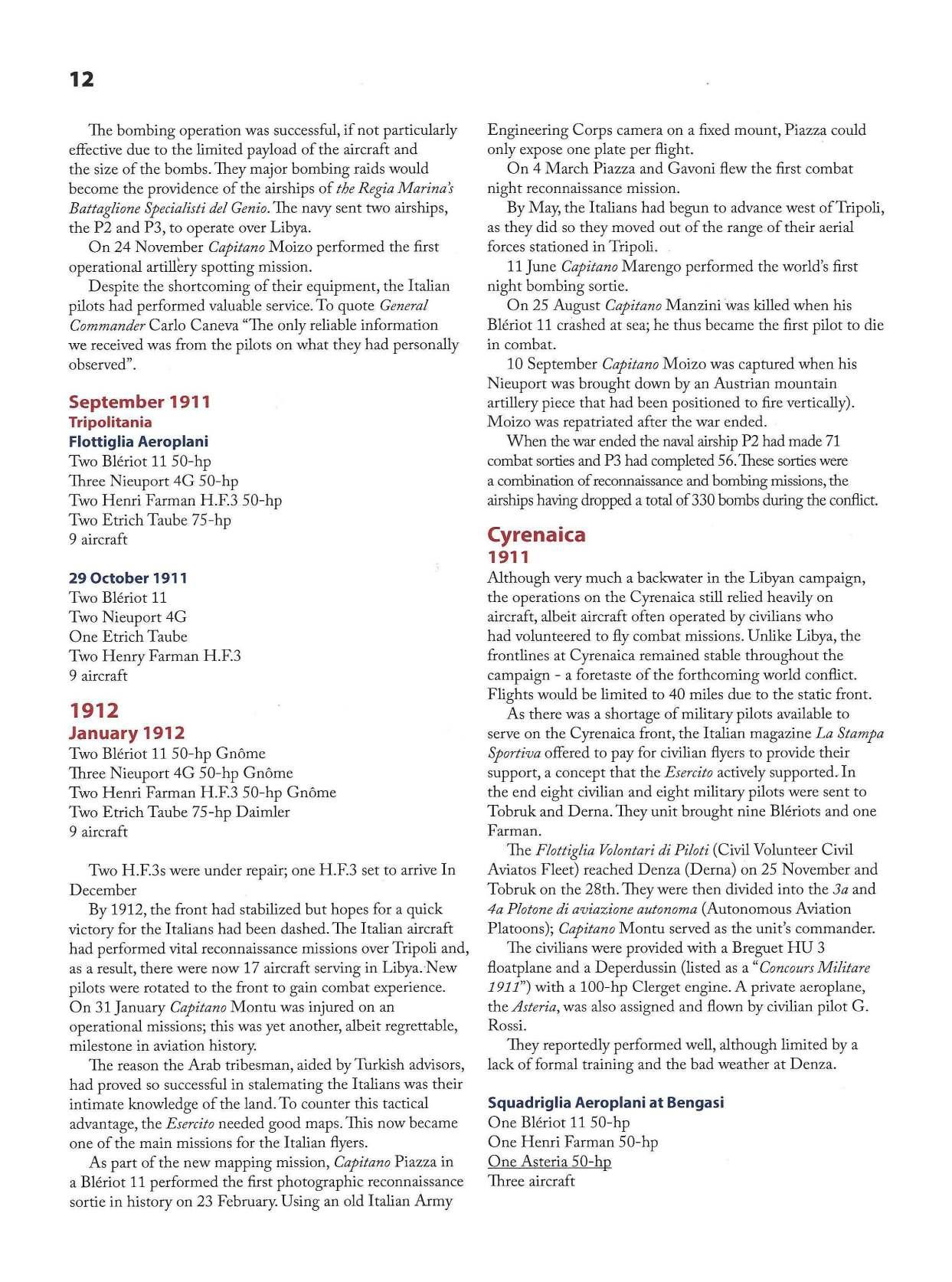
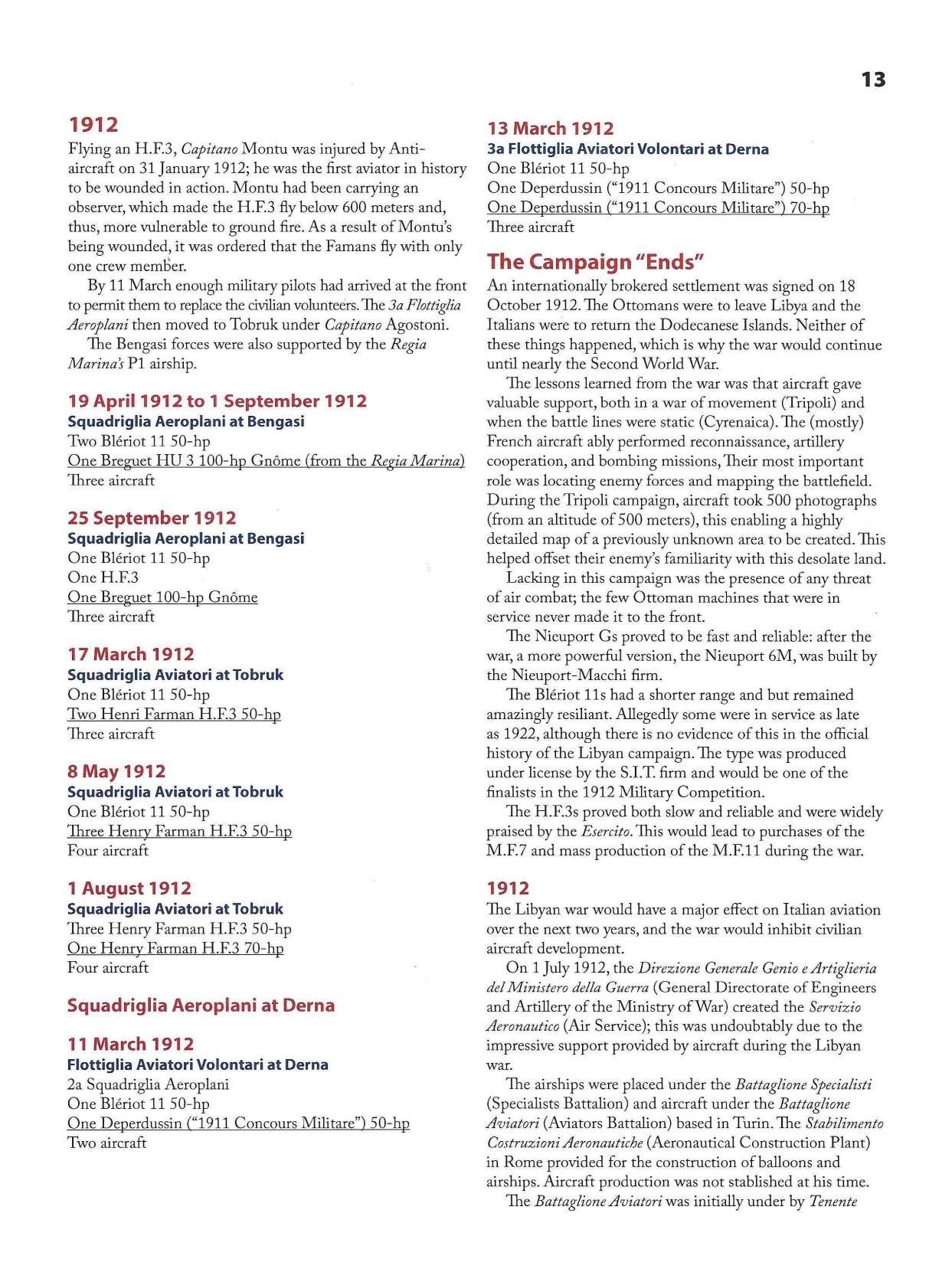
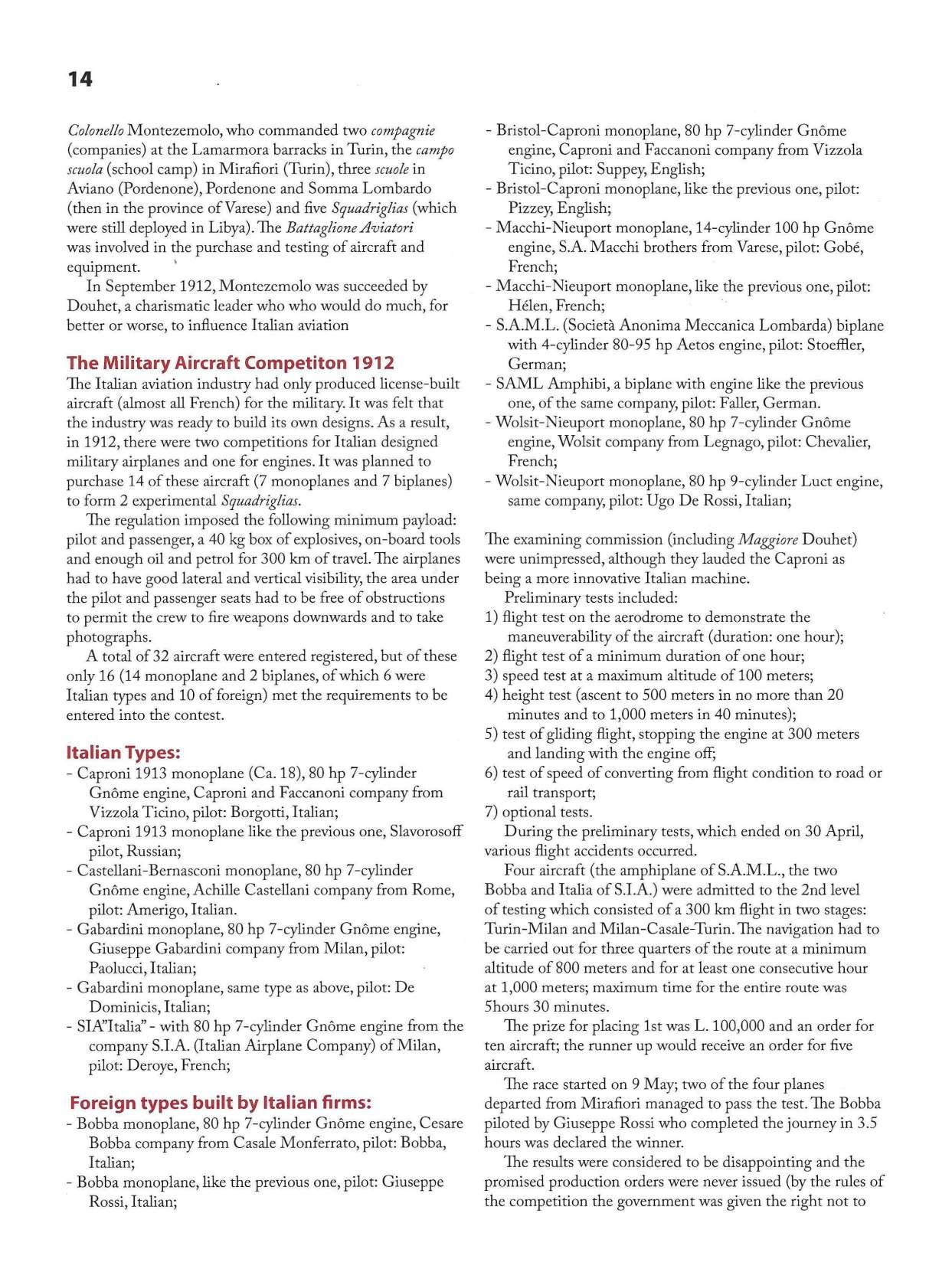
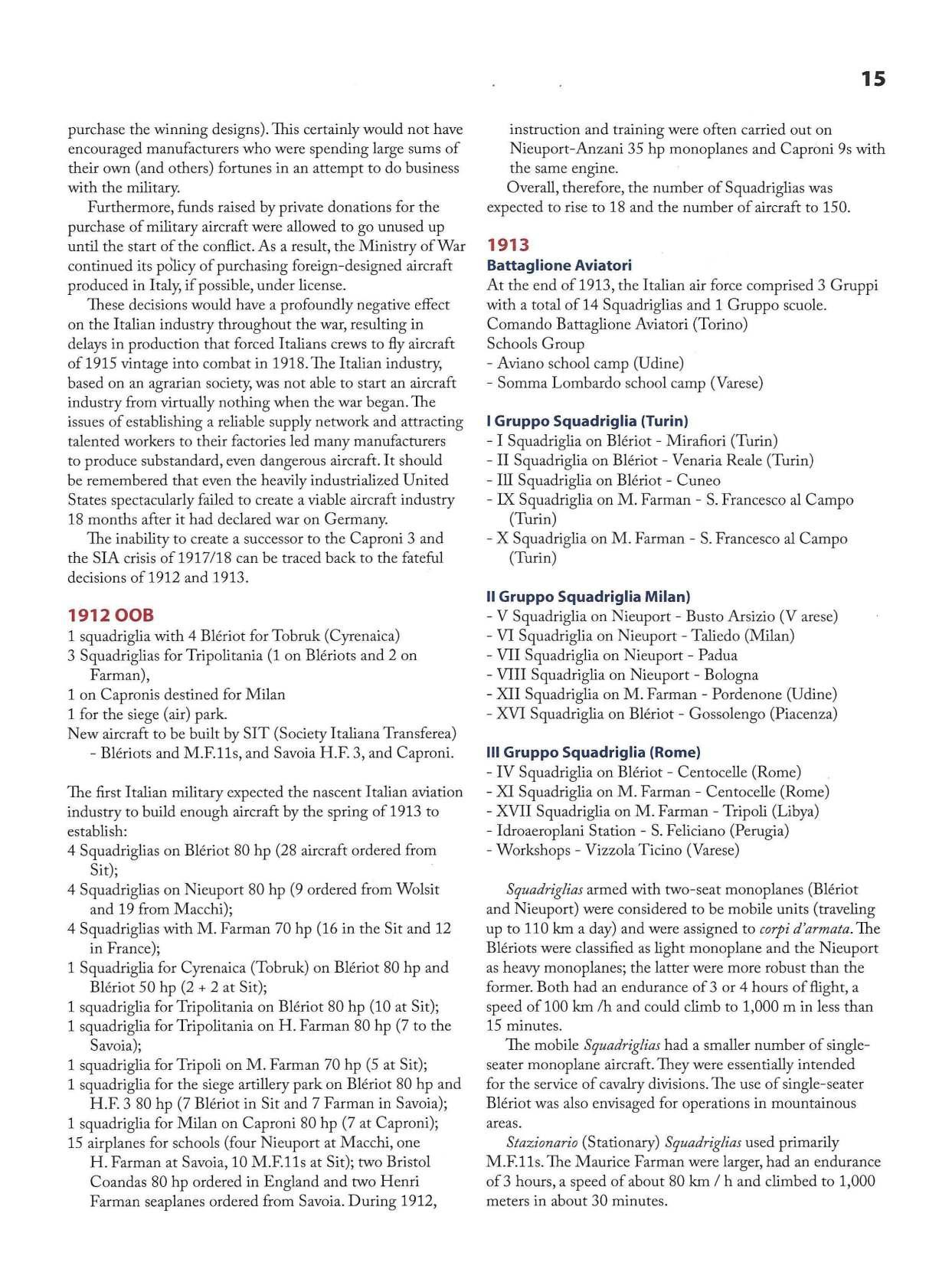
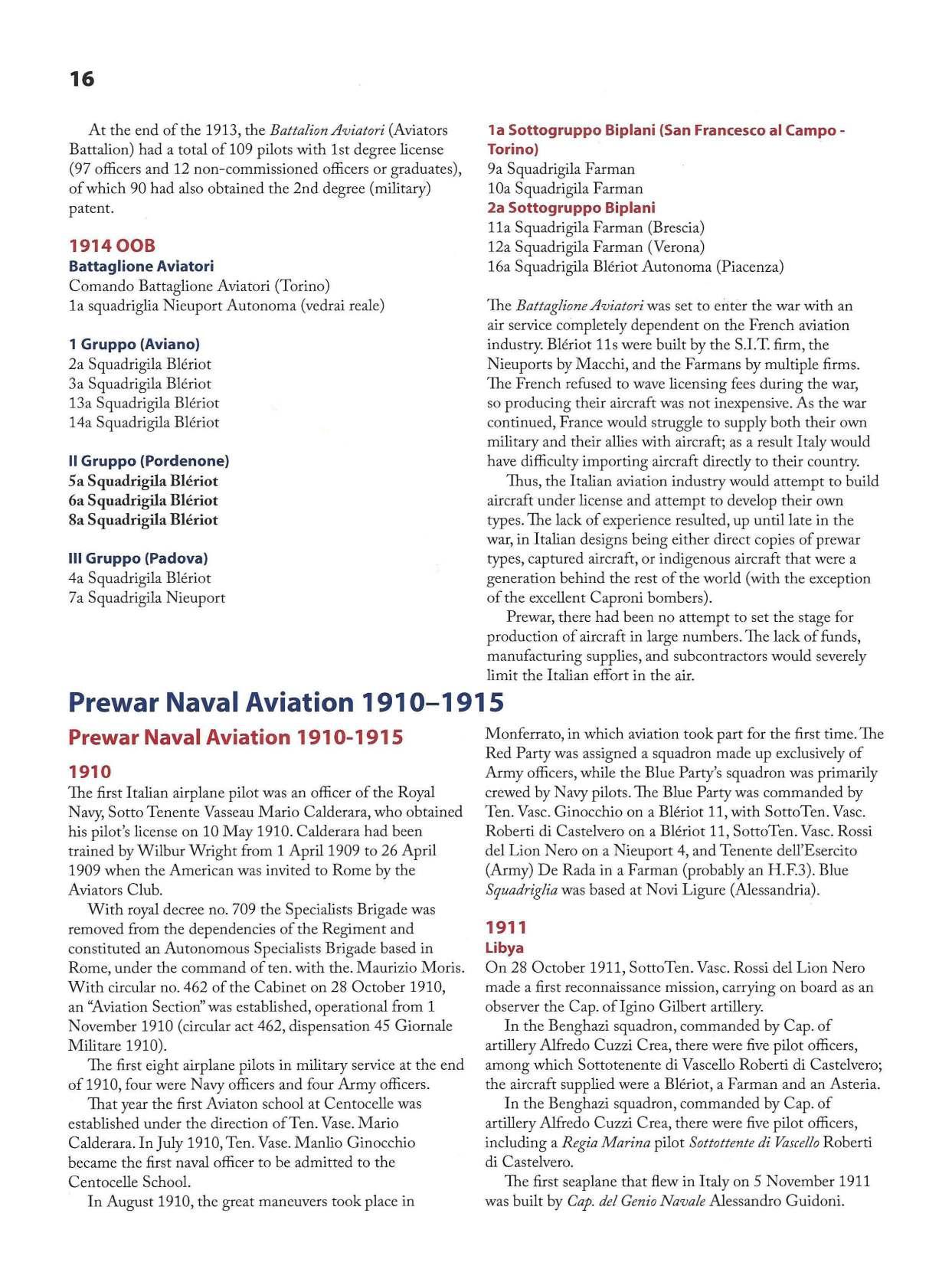
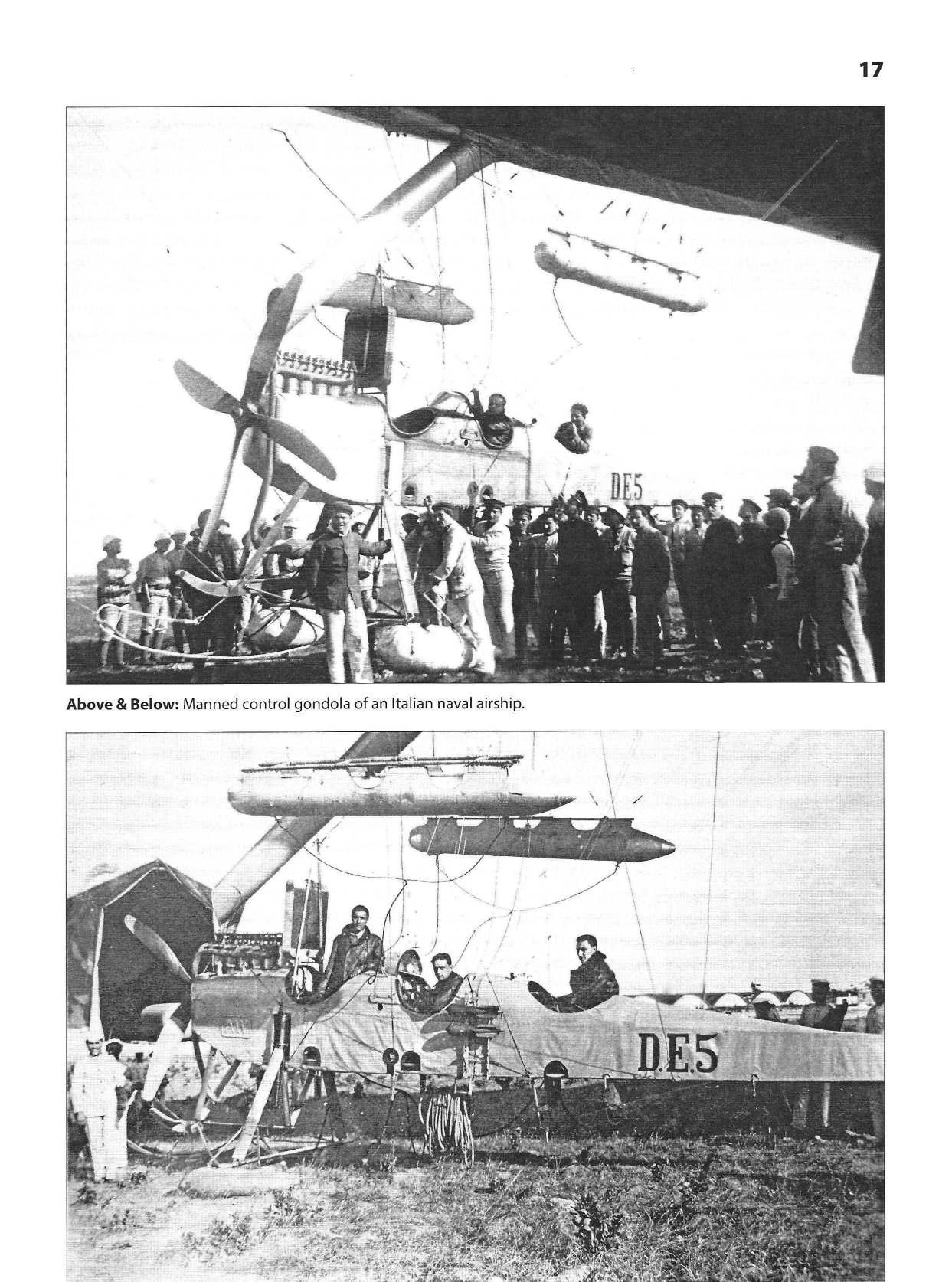
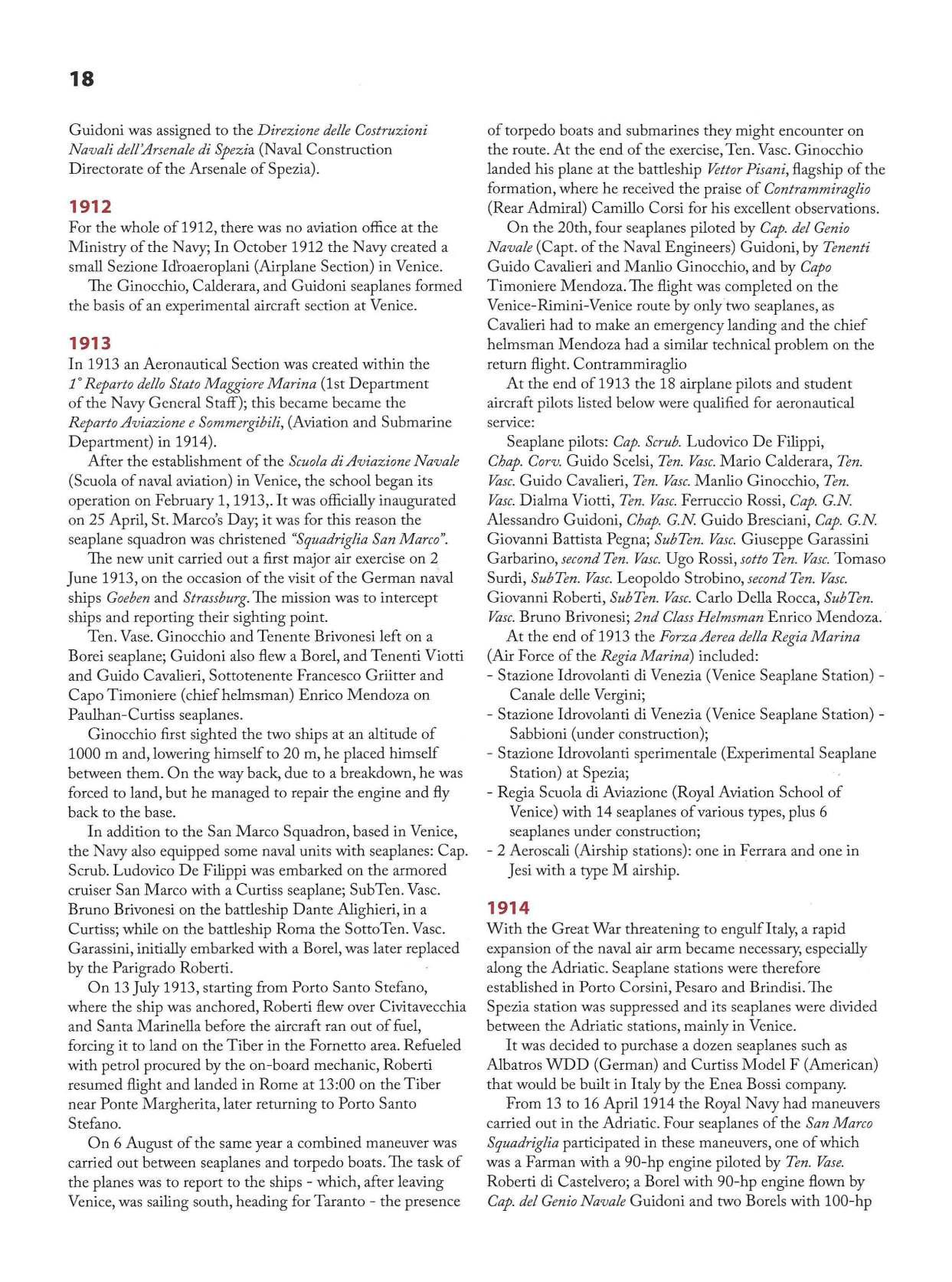
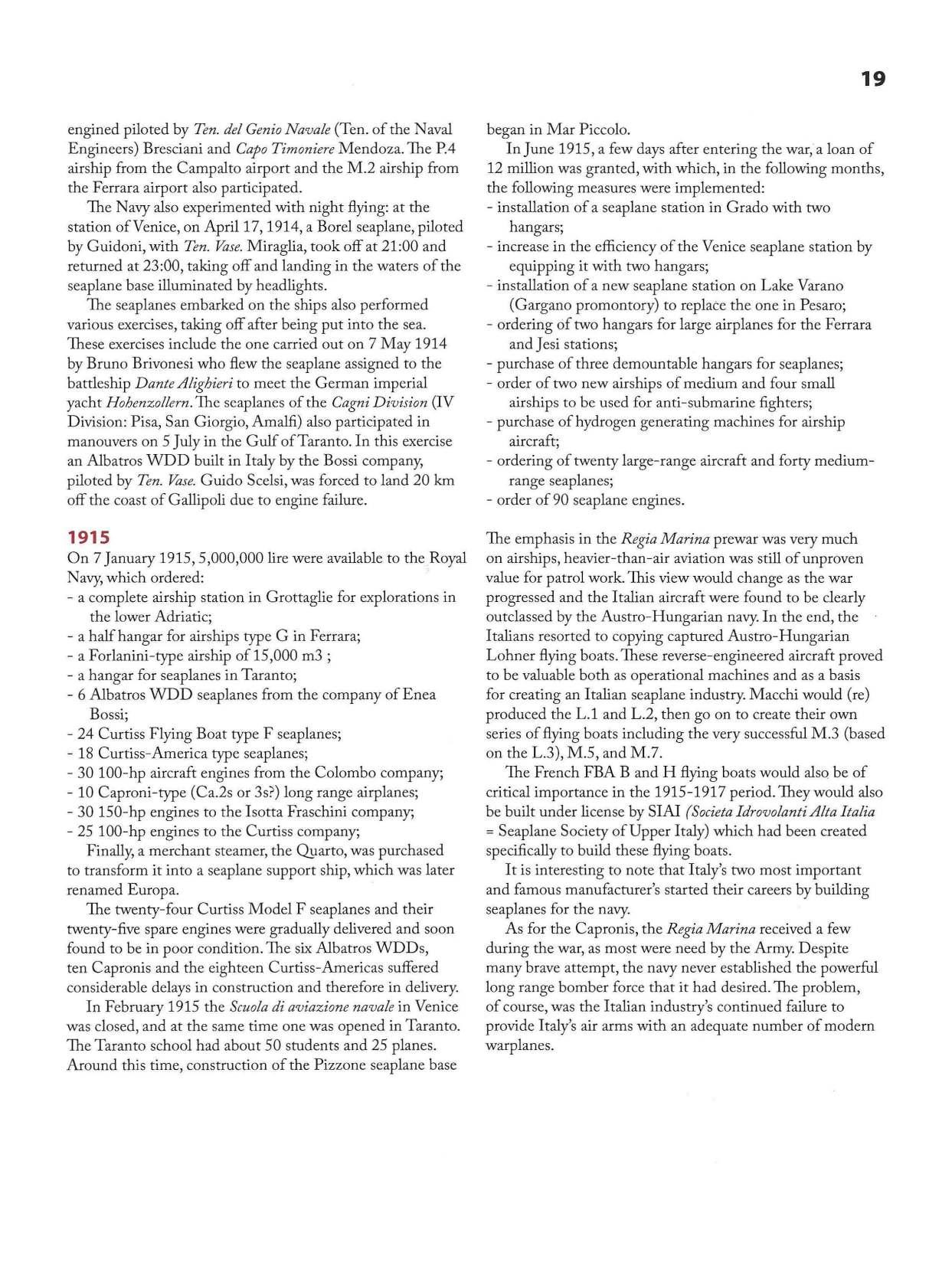
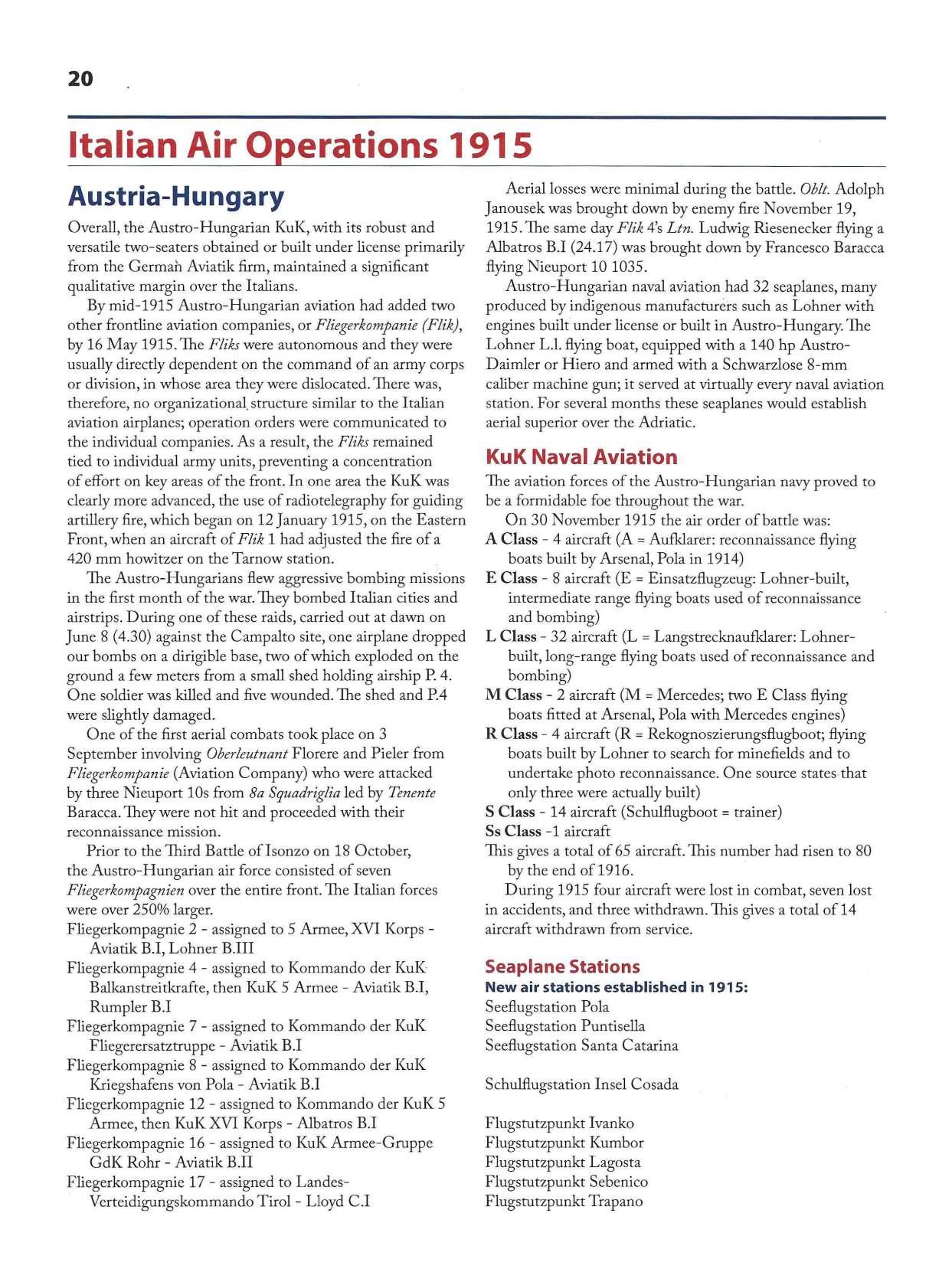
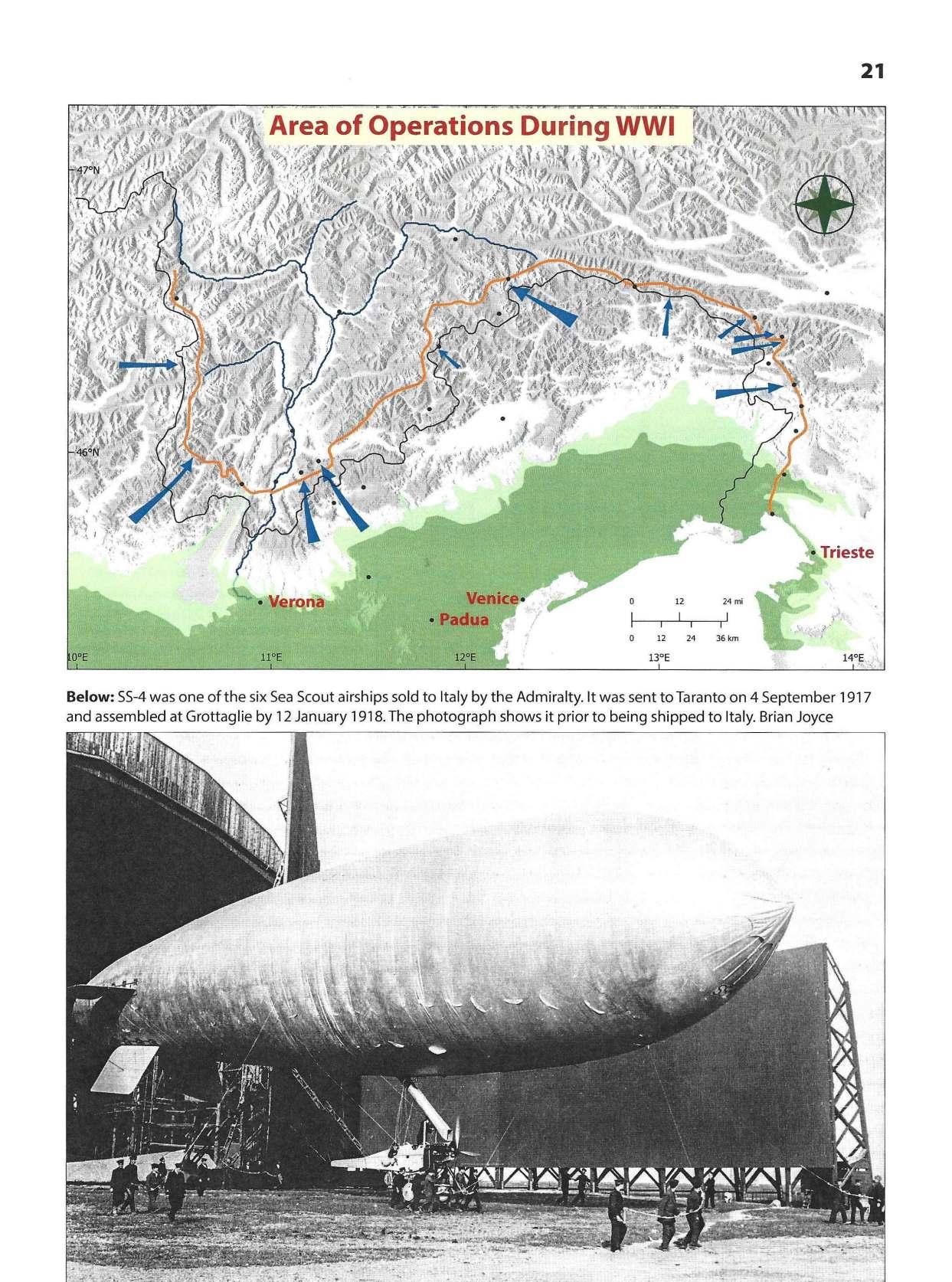
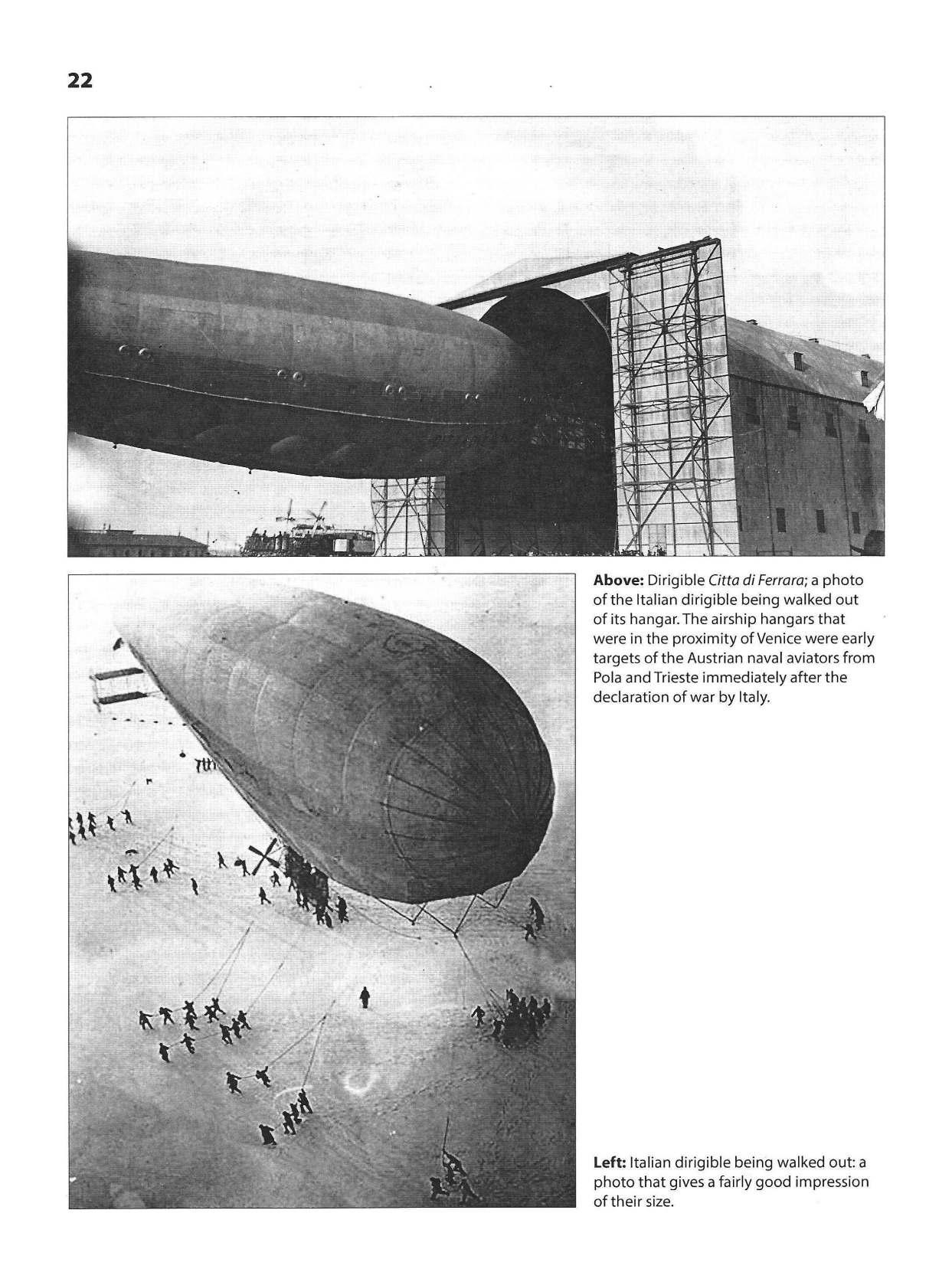
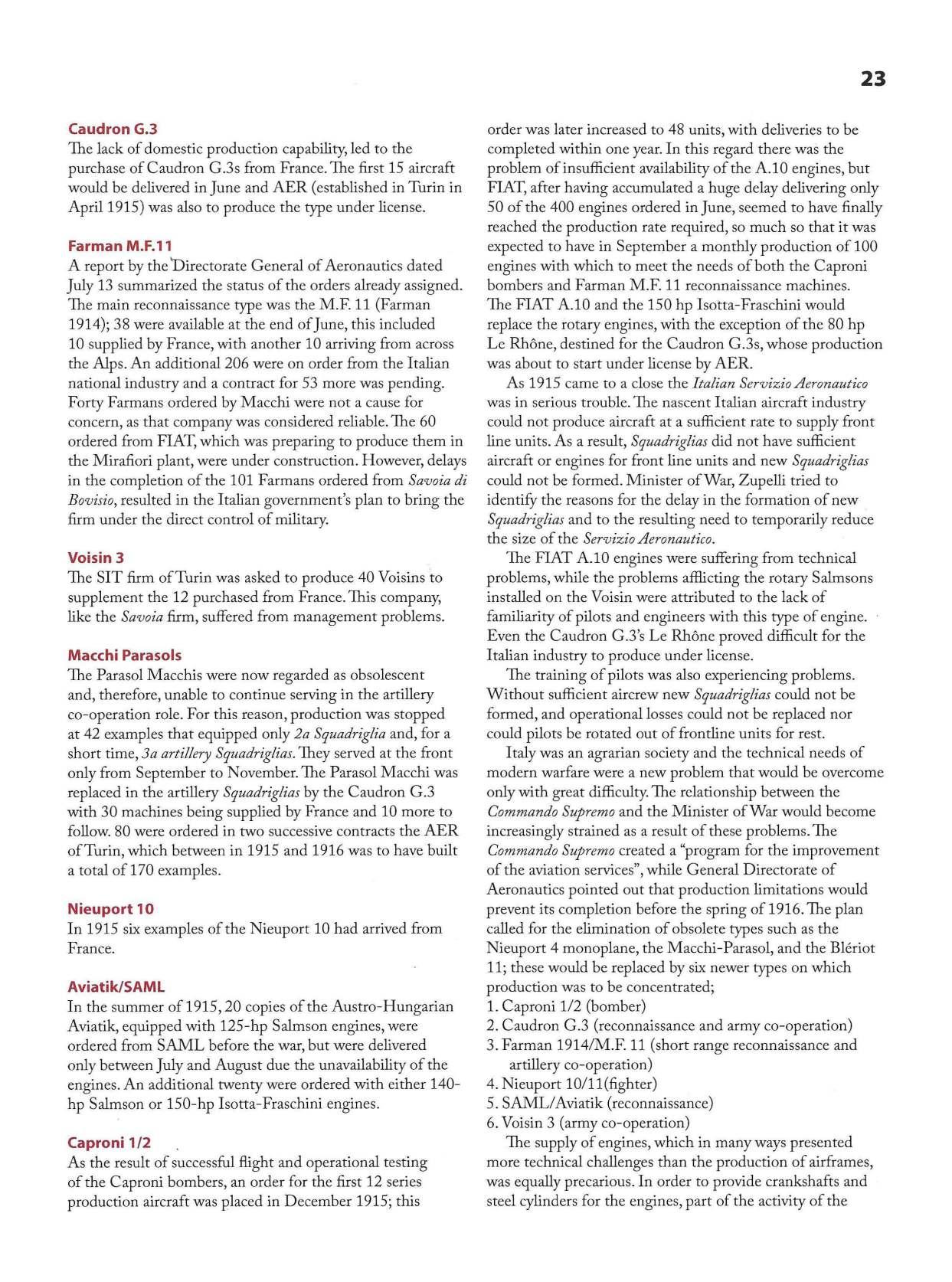
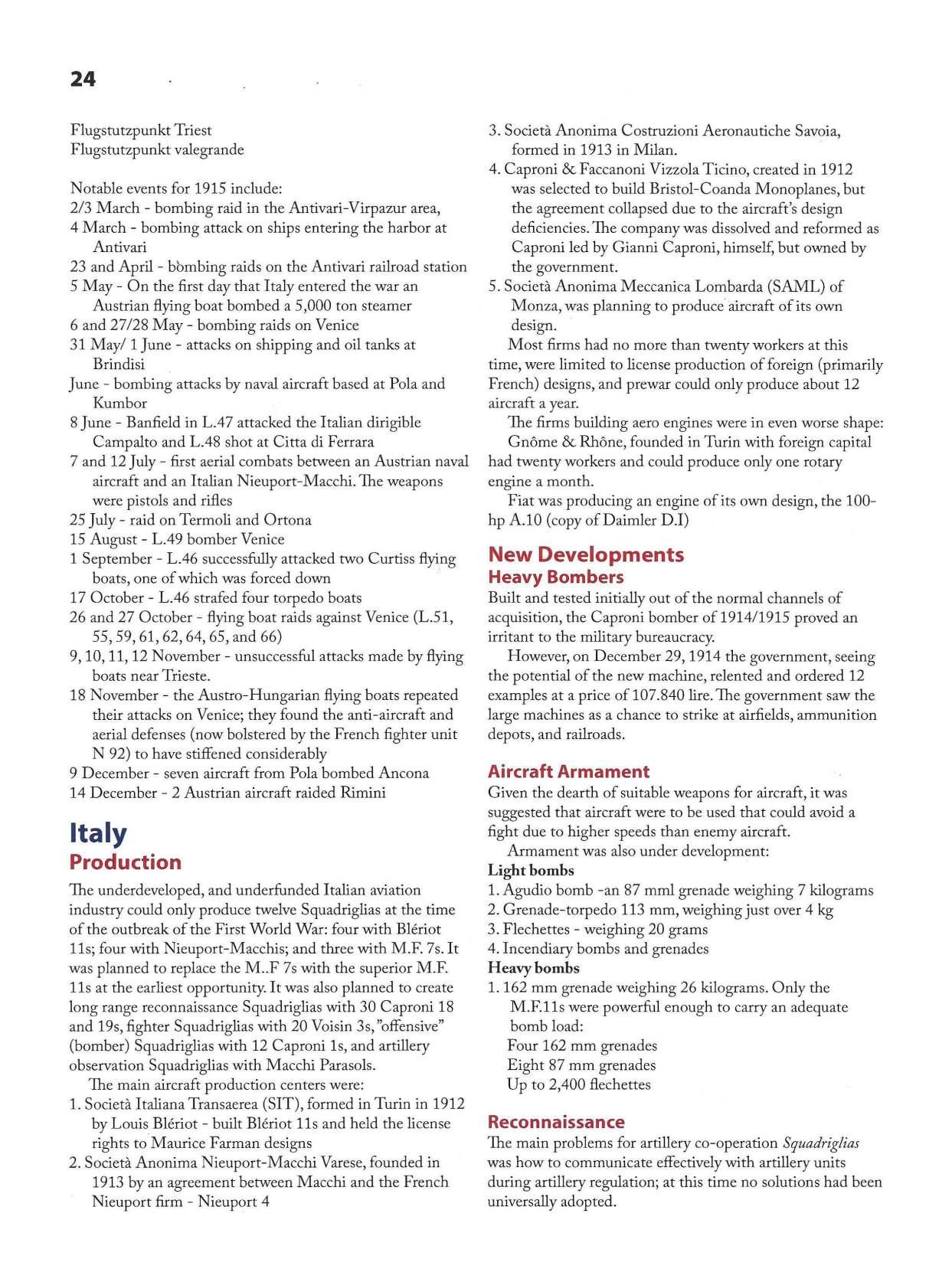

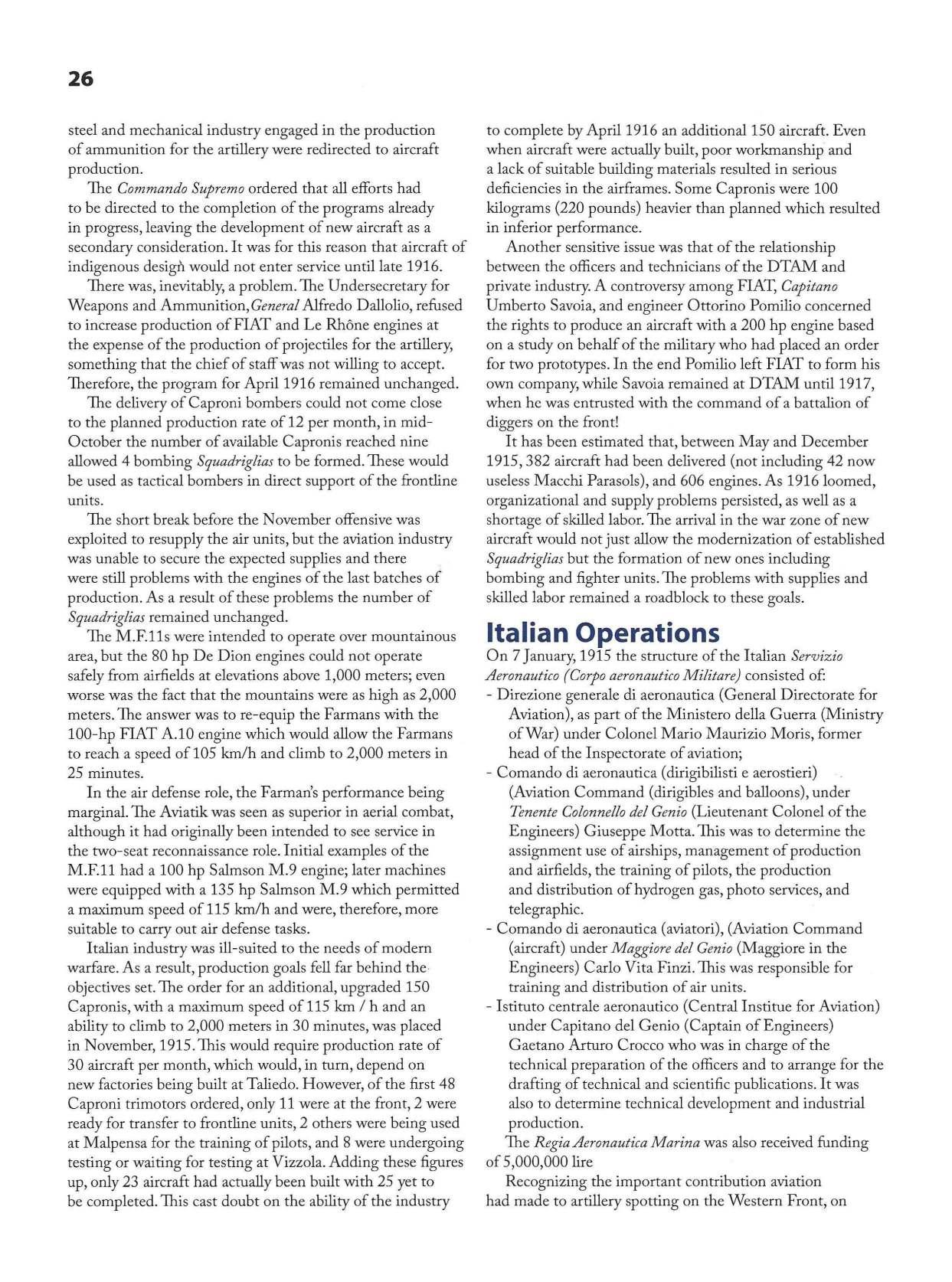
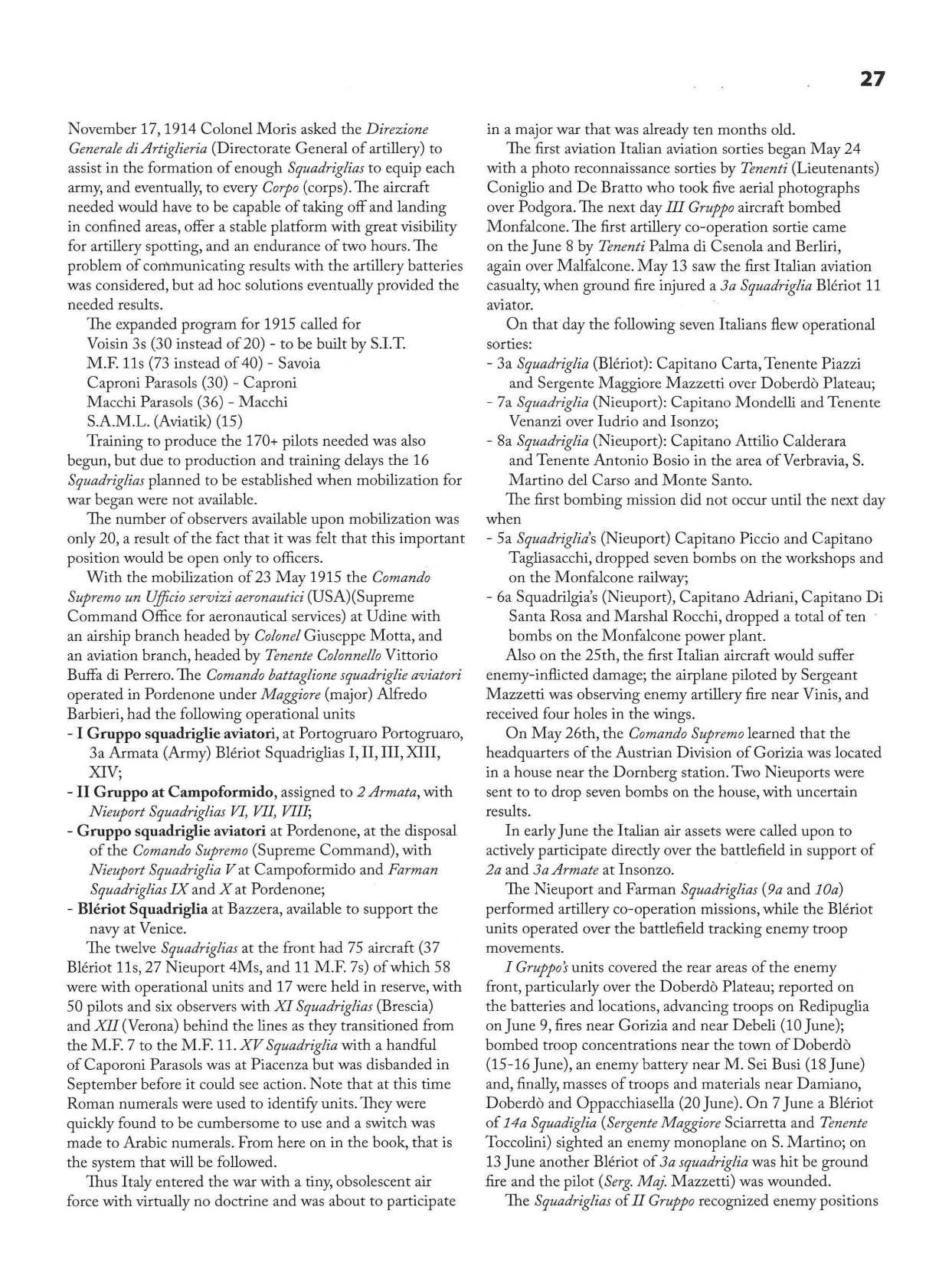
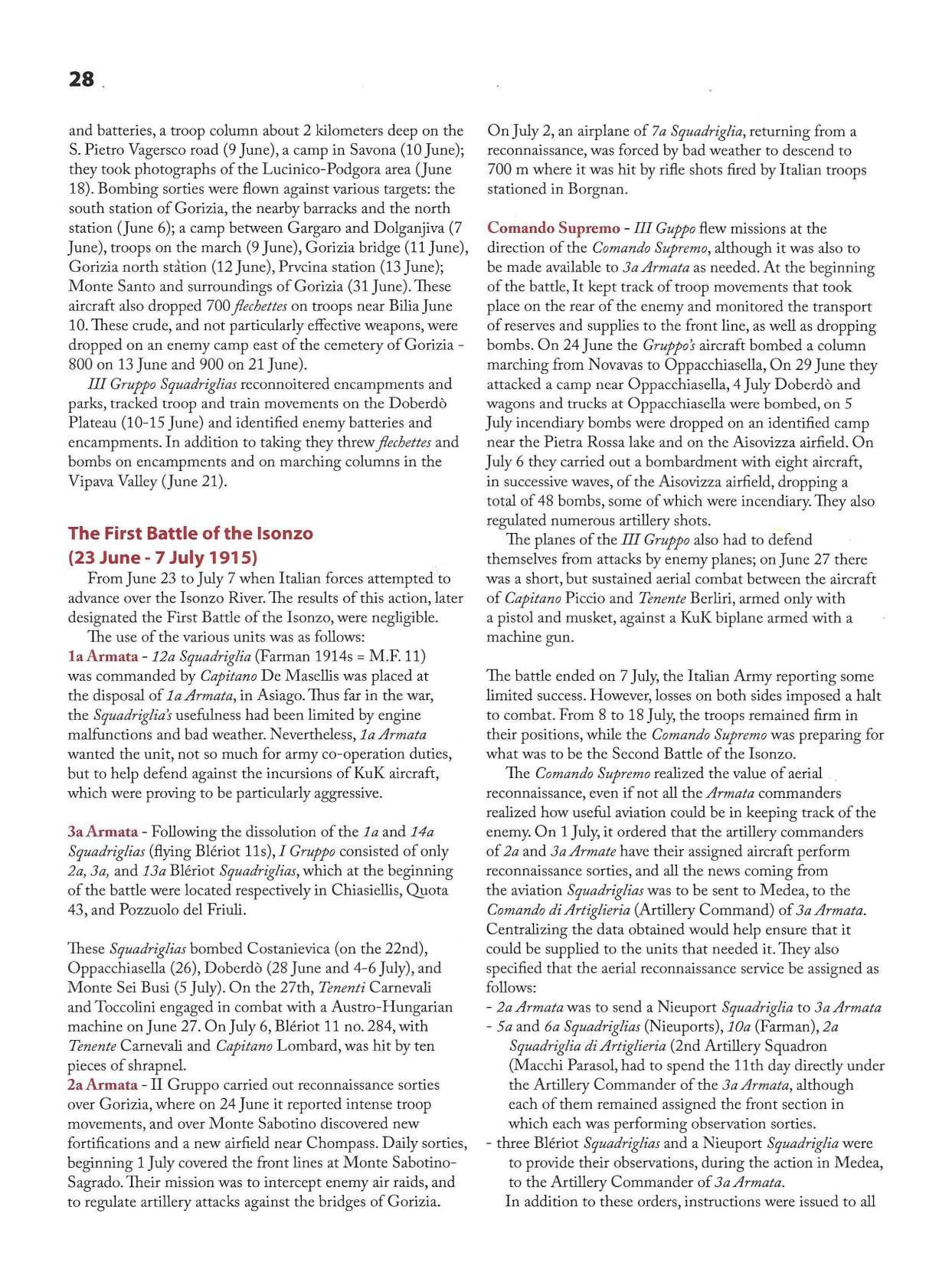
Another random document with no related content on Scribd:
enough some of the people what come here to see him.
P��������
But you have less to clean up than some of the other girls. (Sighing.) So few people wander in this out of the way section.
S����
Ye don’t think anyone would be fool enough to look at these corpses for pleasure, do ye?
P��������
I suppose not.
S����
Even though it means more work to my poor back, I’m goin’ to ask to be put over where the cases of butterflies are. When I was ascrubbin’ around them I could be thinkin’ that I was out among the daisies, instead of hangin’ ’round a morgue.
P��������
That’s much better, Sarah. (Gazing in admiration at the fossil.) Wonderful specimen—wonderful!
(R����� H��� enters. He is a well set-up, attractive young man about thirty. As he glances impatiently at his watch, it is evident he is ill at ease and under the stress of an unusual emotion. Though he carries a Museum catalogue it is soon apparent he has come for a rendezvous.
S���� soon disappears from view—scrubbing.)
H���
I beg your pardon. Is this where the Brontosaurus lives?
P��������
Yes. (Proudly) This is the Brontosaurus.
H���
(Indifferently)
Oh, is it? Thanks.
P��������
Are you interested in fossils?
H���
Fossils?—Oh, yes; but only the living ones.
P��������
Oh, then you’ve come to see the Hoatzins?
H���
(Impatiently)
Not especially.
P��������
They’re in the ornithological section. Curious, isn’t it, when people think fossils are so remote, that to-day in the thorn bushes along the Berbice River there should be a small living bird who swims, creeps, climbs, dives and can duplicate within a few minutes the processes of evolution through the centuries. Mr. Beebe calls them “living fossils”; so when you said....
H���
(Again looking at his watch)
It’s very interesting.
P��������
Their wing formation somewhat resembles the Archæopteryx. We have a cast of the Solenhofen specimen, if you....
H���
I have a catalogue. I’d like to study them myself, quietly at first, if you don’t mind.
(He sits down on the bench at back and opens the catalogue. The P�������� is offended, gives him a look and goes out. The minute he has gone, H��� arises, takes several steps about as though looking for someone S���� has entered with her pail and watches him. She stands there, a worn and abject figure. H��� takes out his watch again.)
I beg ye pardon?
S����
H���
(Startled a moment) Eh?
S����
Do ye be havin’ the toime about ye?
H���
My watch says four. But I think it must be fast.
S����
Thank ye, sir.
(As she wearily crosses)
H���
(A bit anxiously)
When does the Museum close?
S����
For ye or for me?
H���
Why, for me; of course.
S����
Ye’ll hear the bell in a half-hour; it’s not long after that I’ll be apullin’ up these shades.
H���
Thanks.
S����
(Pointedly as she begins to wash up his footsteps)
If ye need more toime to look at the animals ye may be doin’ it, as the Professor is expectin’ a whole regiment of soldiers.
H���
(Vexed)
Coming here? I thought nobody ever came here?
S����
Ye mustn’t be surprised at anythin’ in a museum. All the strange animals ain’t behind the railin’s.
(She gives him a knowing look and finally goes out of sight, mopping down the aisle. He takes a step impatiently and then sits in back and opens catalogue aimlessly as he sees M��. C�������� V�� D��� and M��. J���� M����� enter from back. They do not notice him at first.
M��. V�� D��� is a harmless middle-aged woman who throughout life has comfortably relied on her blood instead of her brains. She hides the absence of the latter by a calm and superior imperturbability.
Her companion, M��. J���� M�����, is younger; obviously nouveau riche, she has achieved a successful manner, most of which is dexterously expressed in her lorgnette.
Both women are handsomely gowned and proclaim to the observer flaunting wealth.)
M��. V�� D���
I’m sure we’ve lost our way.
M��. M�����
The attendant said keep turning to the right.
M��. V�� D���
I can’t say it’s my idea of ancient jewelry.
M��. M�����
No. But if we dressed up at Mrs. Bilton’s ball like some of these animals, we’d certainly make a hit.
M��. V�� D���
It might suit you, dear; but I think I’ll wear at least some jewelry I’m sure there must be wonderful old pieces in the museum I can get Tiffany to copy in time. I must find something original.
M��. M�����
(Looking absently at H��� through her lorgnette)
Dear me, this is a terrible place—full of monsters.
M��. V�� D���
I can’t say they’re very showy. (Glancing at the B�����������.)
What an ugly animal! What is it?
M��. M�����
(Reading sign)
It’s a Bron—(Not able to pronounce it and turning away) I left my reading-glasses at home. You try.
M��. V�� D���
(After studying it a moment)
Oh, yes: I’ve heard of them. (More closely.) Why, that looks like your husband....
M��. M�����
(Interrupting, as she turns quickly to the fossil)
My husband? That?
M��. V�� D���
(Looking more closely)
Yes. It is your husband’s name. (Reading) “Donated by James Morrow.”
M��. M�����
Why this must be Jim’s beast!
M��. V�� D���
Jim’s beast?
(H��� covertly shows a bit of interest in spite of his more pressing impatience over their presence.)
M��. M�����
I knew there was something here Jim wanted me to see. He donated $250,000 to the museum last year. He said they’d bought some old animal with it.
M��. V�� D���
I can’t say I admire his taste. I thought he went in for horses.
M��. M�����
Of course, it’s Jim’s own money; but it does seem a bit extravagant to turn all that money into old bones.
M��. V�� D���
Yes; when he might buy so many nicer things you could wear.
M��. M�����
Jim’s been awfully generous to me; though, of course, now that the war’s over we’ve got to hold in a bit. He hasn’t any more army contracts, you know. (Sighing) It certainly was wonderful while it lasted.
M��. V�� D���
I shouldn’t worry about it if I were you. Why, even this beast would look like a piece of bric-a-brac in that new house he gave you.
M��. M�����
(The hand of S���� mopping in the aisle is seen. M��. M����� is startled.)
What’s that?
M��. V�� D���
Oh, it’s only an old scrubwoman.
M��. M�����
They might wait till the museum closed before they splash about spoiling our gowns.
M��. V�� D���
Well, if we’re ever going to see that ancient jewelry before we’re as old as it is, I suppose we’d better try and find it.
M��. M�����
But I’ll have to tell Jim I came especially to see his beast: he’ll want to know what it looks like, the poor dear!
(E�������� L��������� enters. She is a woman of such an indefinite age that she must be past her early thirties. Handsome, well-groomed and yet a bit hectic, her secret is that she is a born intriguanté and likes to see men feverish.
She sees H���: he sees her: the two women catch this exchange of glances, though H��� instantly resumes reading and B��� goes quickly to the case opposite not to betray she is there to meet H���.
The two women exchange significant glances. H��� looks up and catches M��. M����� eyeing him through her lorgnette. He rises in question.)
M��. M�����
(To cover it)
I beg pardon. Do you happen to know where they keep the ancient jewelry?
H���
(Politely)
I think it’s to the right.
M��. V�� D���
But that’s what the other man said.
H���
Have you tried the long hall?
M��. M�����
But which hall?
H���
(Obviously trying to get rid of them)
The very furthest hall.
M��. M�����
Oh.... (She turns to M��. V�� D���.) The very furthest hall, he said. (Aside to her as they turn) I’m afraid we’re de trop. I’m sure it’s....
M��. V�� D���
I thought so, too; and with a different tame robin this time. (As she turns and looks at the B�����������.) I’m glad I won’t look like Jim’s beast when I’m dead.
M��. M�����
Well, dear, we’ll never be found in a museum at any rate.
M��. V�� D���
(As they go up)
I don’t know. I’m most dead already.
(M��. M����� gives a look at B��� through her lorgnette. They go out obviously gossiping about her.
H��� takes a step to see they have gone. Then he turns tensely.)
Bess!
H���
B���
Oh, Bob!
H���
Dearest!
B���
Be careful. Somebody may see us. I’m sure those women....
H���
(With extravagant expression)
I’d like the whole world to see us. I can’t stand this much longer Bess, I want you.
B���
I know. Sh!
(S���� comes from out of aisle, goes out of sight, obviously to clean another aisle. But she has seen them and gives a knowing smile as though such rendezvous were not unusual.)
It can’t go on like this.
H���
B���
Aren’t you satisfied with what we’ve already had?
H���
(Unconsciously playing up to the situation)
I want all or nothing—the you all the world has, too. I....
B���
Yes? Say it. I like to hear you say it.
H���
I want you to be my wife. (Intensely) Bess! Bess! Will you?
B���
Give me time to think.
H���
But it can’t go on like this having me meet you in strange places ... always being afraid. Bess, you love me, don’t you?
B���
Oh, Bob!
H���
You’ve never loved anybody before as you love me?
B���
Oh, no; you’re so fine and strong and....
H���
Then why are you afraid?
B���
The world ... my world ... your world....
H���
But you wouldn’t be the first who....
B���
Don’t drive me to the wall!
H���
You must decide.
B���
I’m thinking of you. I’m older than you. In time, perhaps, you....
H���
Never.
B���
How you say it!
H���
I love you. I’ve never loved any woman before. I’ll never love any woman again.
B���
My dear boy! I must go now. I just wanted to see you, to hear you say you love me.
H���
And I came because I wanted a definite answer.
B���
Wait. In time. Don’t drive me to the wall.
H��� (Heroically)
I tell you I’ll kill myself if....
B���
Bob! Do you care as much as that?
H���
Yes. Nothing else matters.
B���
But your career—your position?
H���
You are more than all that. What will you give up for me?
B���
Sh! Somebody’s coming. (In a different tone, mistress of herself.) It must have taken a good many years to collect these specimens.
(R�� L��������� has come in on this, walking slowly down with eyes that glitter for a moment on seeing them.
He is about sixty. The tightly drawn skin on his face clearly reveals the bones beneath. He is an aristocratic, calm, collected man: the essence of deliberate politeness. When he comes to them he acts as though he were surprised.)
Bess. This is a surprise.
L���������
B��� Ray?
L���������
Do you come here often?
B���
I was just strolling through to look at some ancient jewelry when I happened to meet Mr. Hood.—This is my husband. Mr. Hood.
(As L��������� crosses slowly and shakes his hand with cold studied courtesy, H��� gives him a sickly smile, ill at
ease in an unaccustomed situation.)
L���������
I’m charmed to meet you. I’ve heard Mrs. Livingston speak of you. Let me see, where was it?
B���
(Casually, mistress of herself)
Perhaps it was after I first met him at Judge Wilton’s. Mr. Hood is in the Legislature, you know.
L���������
To be sure. I remember your photograph in all the newspapers. (Half playfully) But you’re rather a young man for such a conspicuous and responsible office.
H���
(Trying to be at ease)
One soon grows older up there.
L���������
(Pleasantly)
I hope that means wiser; for wisdom, I’m told, is only a matter of perspective, and its secret is finding the relative importance of things. (With a smile.) But, of course, everything must seem vitally important at the beginning. Just as each moment of life was once the most important thing to these animals. (Before H��� can answer.) Are you interested in fossils?
H���
(Eyes him)
I’m trying to understand their meaning and significance.
L���������
Do you find it difficult? I see you have a catalogue. Do you come here to study them?
B���
(Trying with her skill to relieve the situation)
Mr. Hood was just telling me he was planning to introduce a bill in the Legislature to—to extend the wings.
L���������
To extend the wings? What of?
B���
Of the Museum, of course.
L���������
Indeed?
Yes.
H���
(Lying in spite of himself)
B���
(With a reassuring smile)
He thinks it’s a bit cramped here.
L���������
I quite approve. Space is what is needed. But you’ll find it difficult to get money from the Legislature for such purposes. I’ve tried myself.
H���
Oh, are you interested in museums?
L���������
Didn’t you tell him, Bess, about the museum I had planned?
B���
(Beginning to detect his intention)
No; it slipped my mind.
L���������
(Playfully reproving her)
And I had such a personal interest in it, too.
H���
Was it a museum for fossils?
L���������
It was to prevent people from becoming fossils before their time. It was a museum of safety appliances.
H���
Industrial?
L���������
No: domestic. From a very long life, I’d observed that in the world and in the home, most everybody, through lack of a little precaution, makes a fool of himself or herself once or twice in a life.
B���
(Suavely)
I thought the average was higher; didn’t you, Mr. Hood?
L���������
Perhaps the nasty messy mangling is. I’m not sure of the mortalities. You see, Mr. Hood—if you are interested?
H���
(With a start)
Very.
L���������
What I mean is that people cut off a useful hand or limb— metaphorically, of course—because they go a little too near the machinery: the machinery of what we call the hard facts of life.
H���
And what was your exhibit intended for?
L��������� (Pointedly)
To have them read the danger signs first. It was my plan to indicate how signs should be put up over terrain places, like stores and homes and....
B���
(Calmly)
How interesting. What sort of signs were they to be, dear?
H���
“Don’t Handle,” “Watch Your Step.” You know the sort. You see, I have a theory that if these signs were placed about in enough places people would soon grow accustomed to carrying them in their mind’s eye, as it were. (Pointedly) Do you get my meaning?
B���
But, dear; there are so many signs now. Look at these about here for instance. I’m sure people would never get anything out of these by carrying them about in their heads.
L���������
It’s merely a matter of how much intelligence and imagination you bring to signs—otherwise they are only words.
(As L��������� crosses to read sign under the B�����������, H��� makes a movement as though to speak, but B���, who has sat on the bench, stops him with an imploring gesture.)
Um—highly suggestive, this. (Reading) “Great Amphibious Dinosaur Brontosaurus ... Jurassic Period ... Donated by James Morrow.... The Brontosaurus lived several million years ago....” You see (To them) James Morrow and the animal have clasped hands over the centuries. Um. From this sign, can’t you picture the love and devotion to science that prompted such a gift?
H���
(Now smiling for the first time)
As it happens he didn’t even know what his money was for. While I was waiting here I heard Mrs. Morrow say.... (He stops short as
L��������� gives him a sharp look.)
B���
(Quickly)
You see, dear, you were mistaken in that sign.
L���������
(Casually)
Perhaps. Curious though how much information a man picks up while he waits about. (He crosses over to the case opposite.) I wonder what this one will reveal.
(H��� sees he has been caught in a slip. It spurs him into a mood of retaliation. He overcomes a momentary hesitation and then shows he resolves to tell L��������� everything.)
Mr. Livingston!
Bob!
H���
(With hoarse nervous intensity)
B���
(Under her breath to him)
L���������
(Not turning)
Yes?
(For a second H��� is about to speak, but he is halted by B���’� look and voices, as the P��������, followed by L���� A�������, enters.
